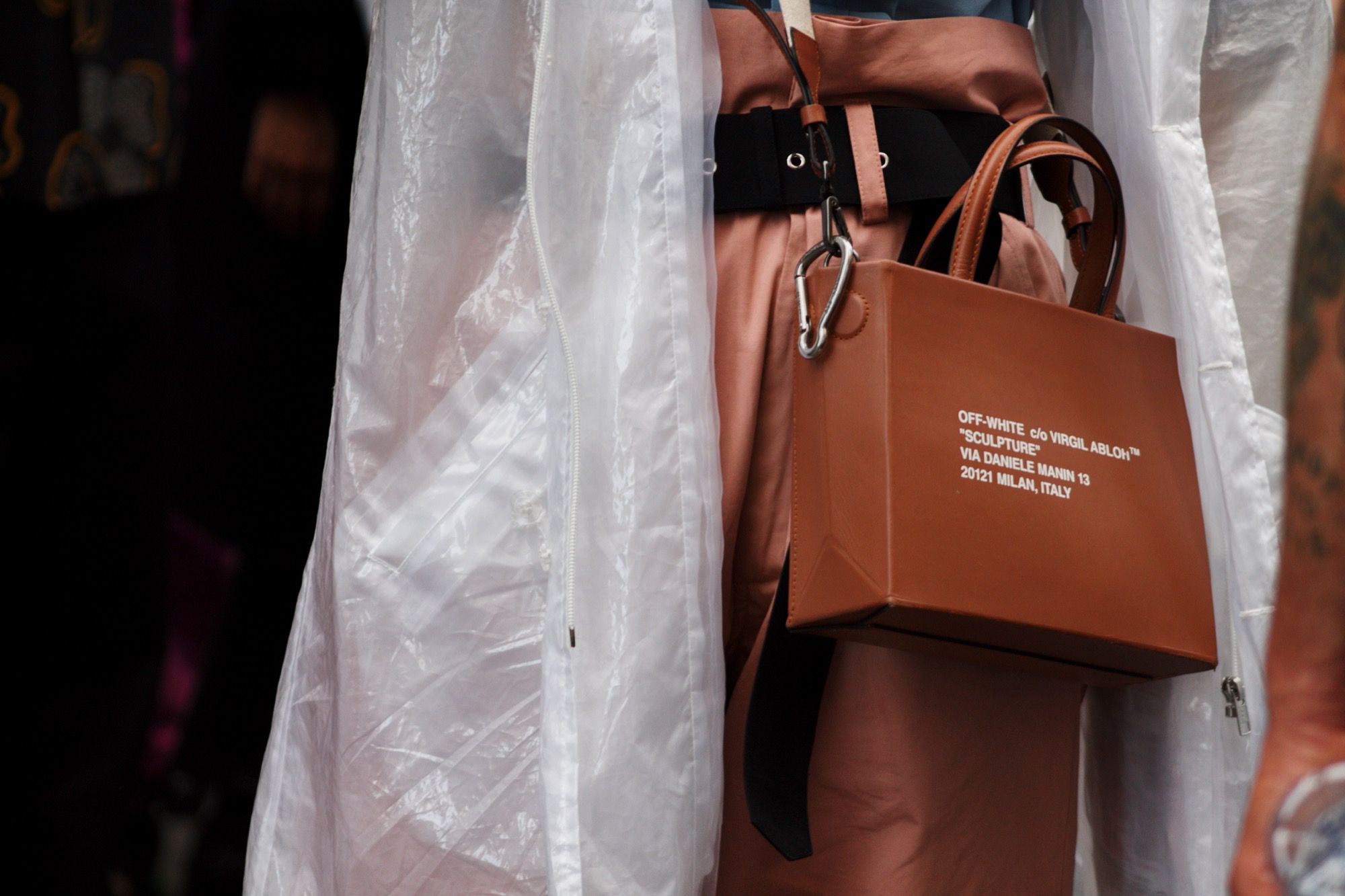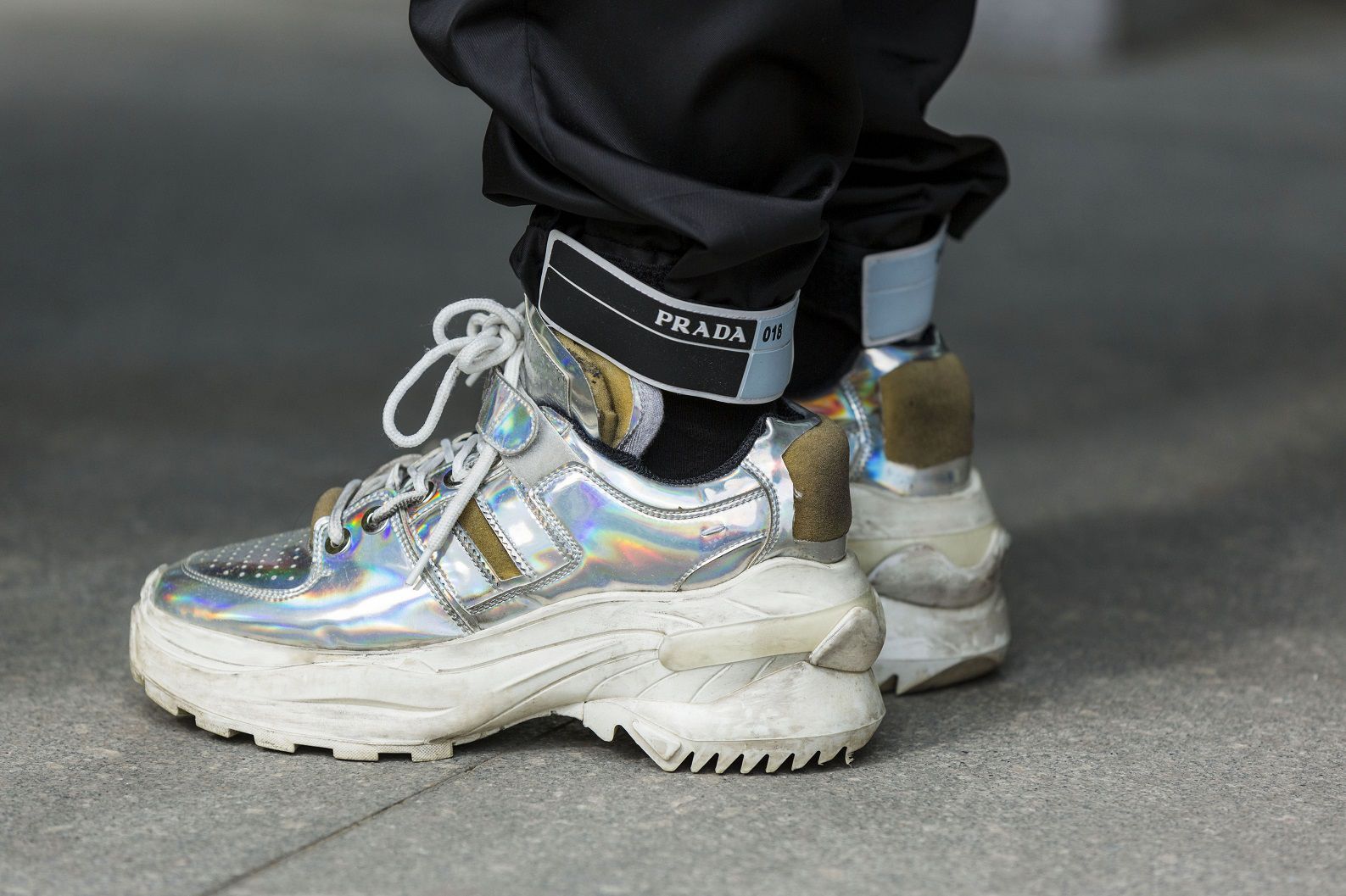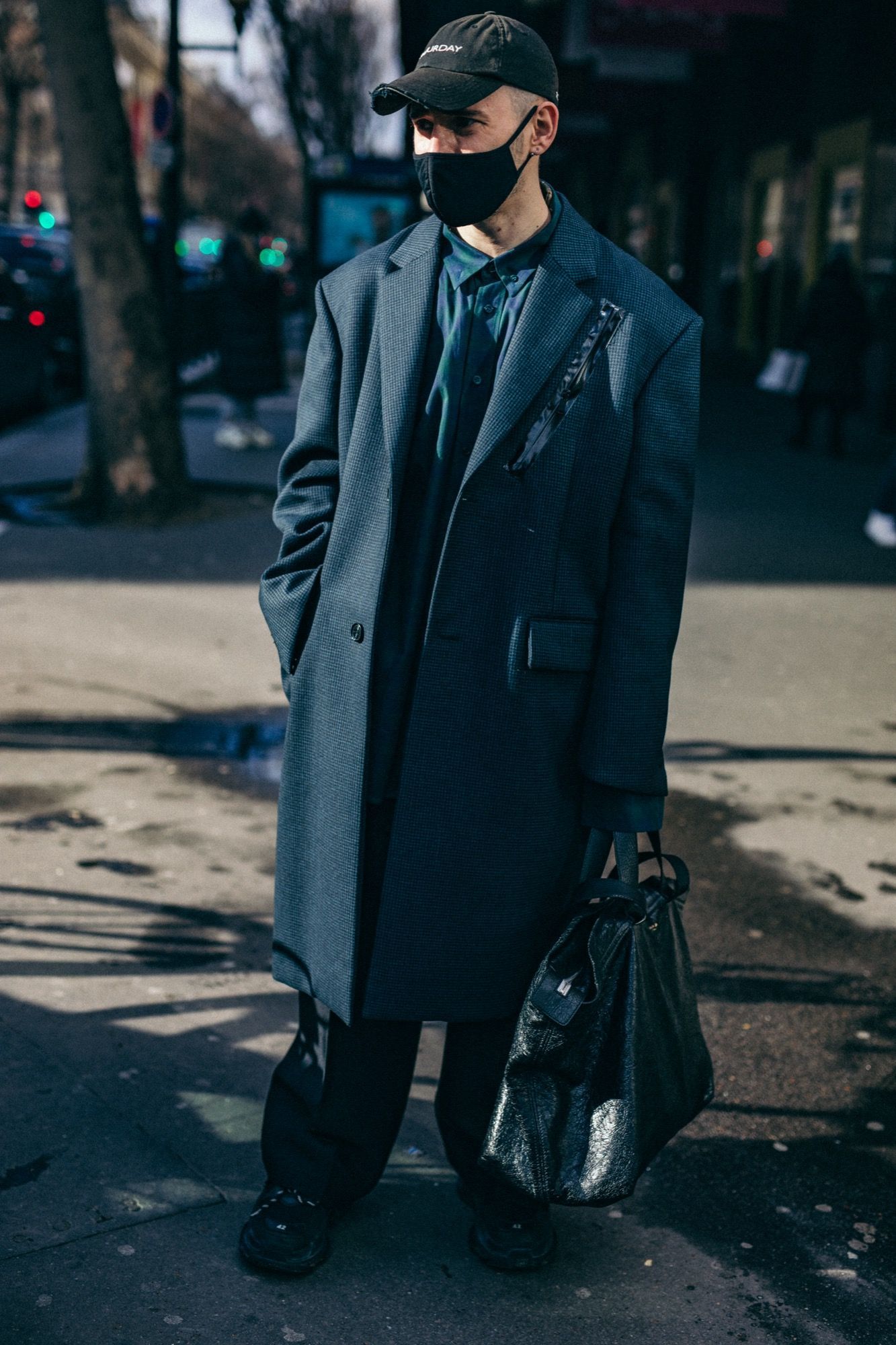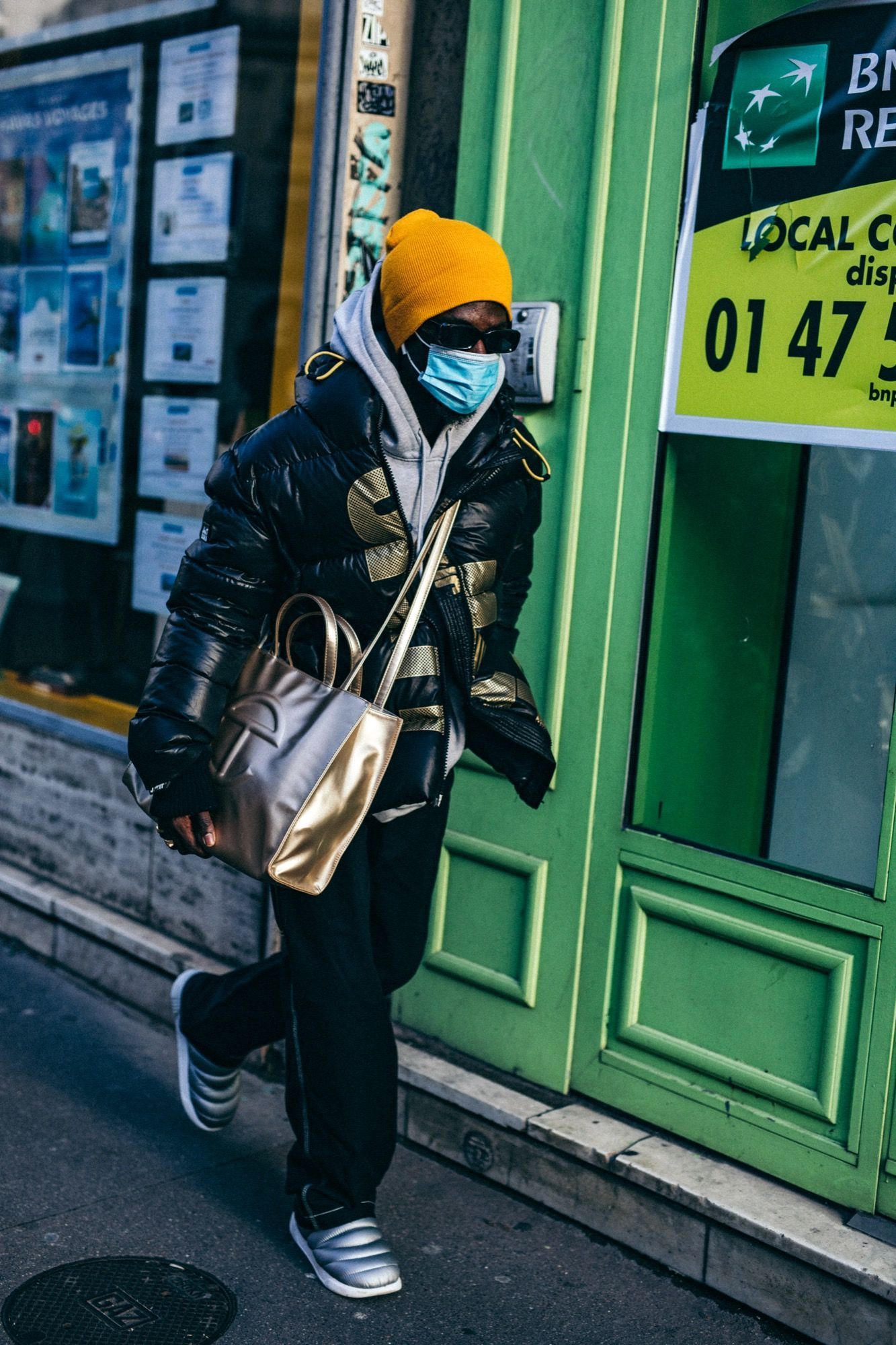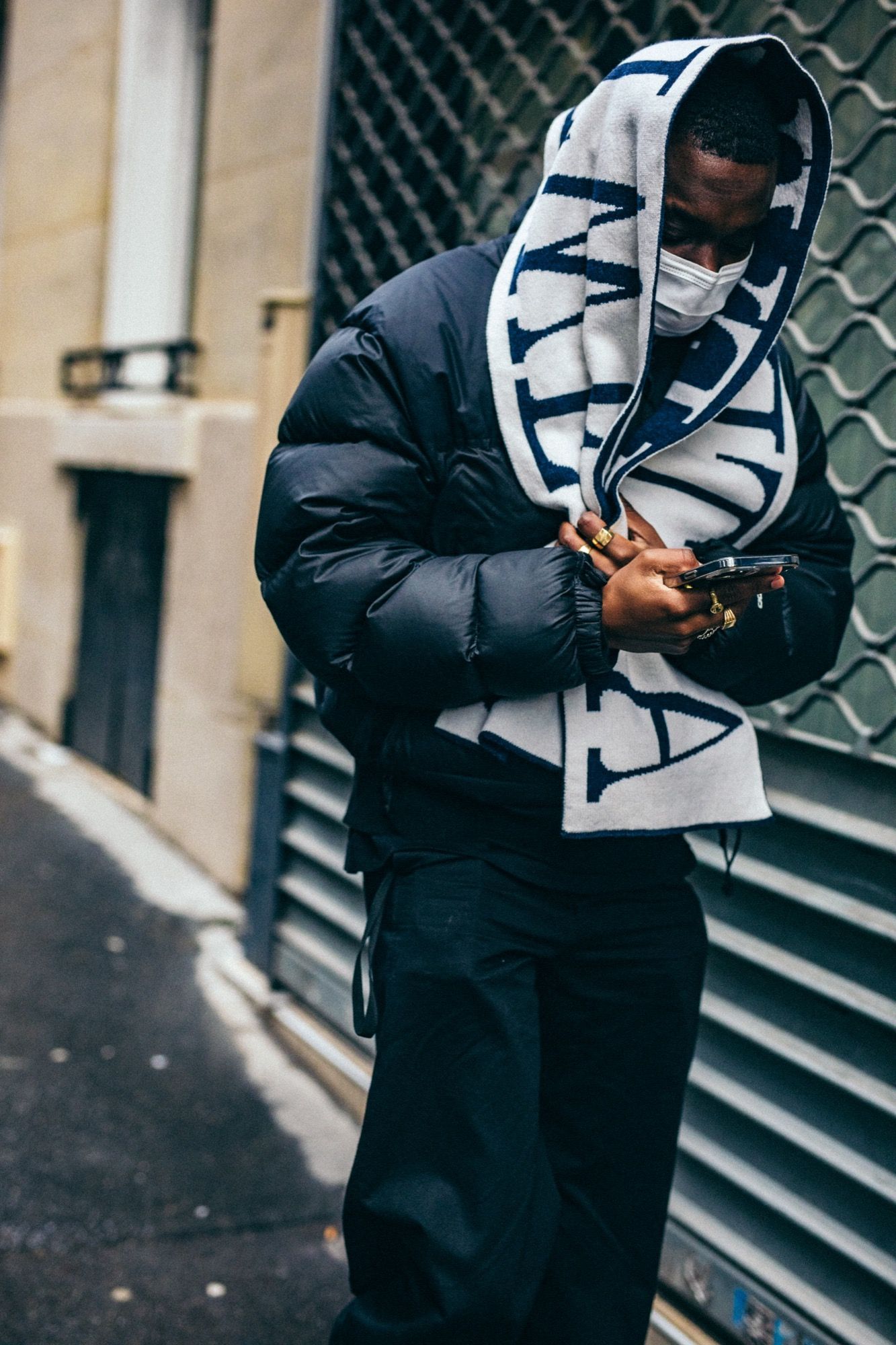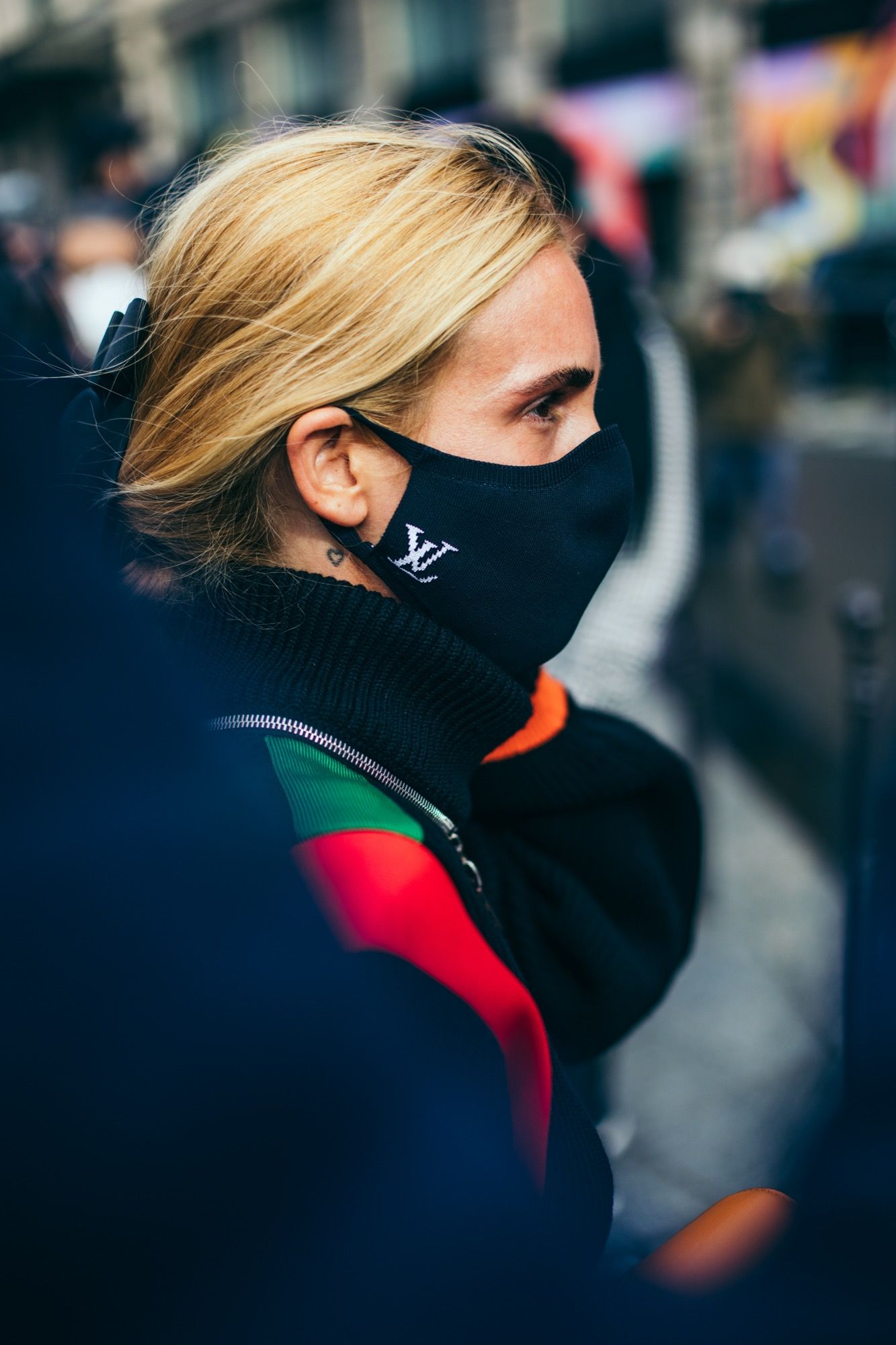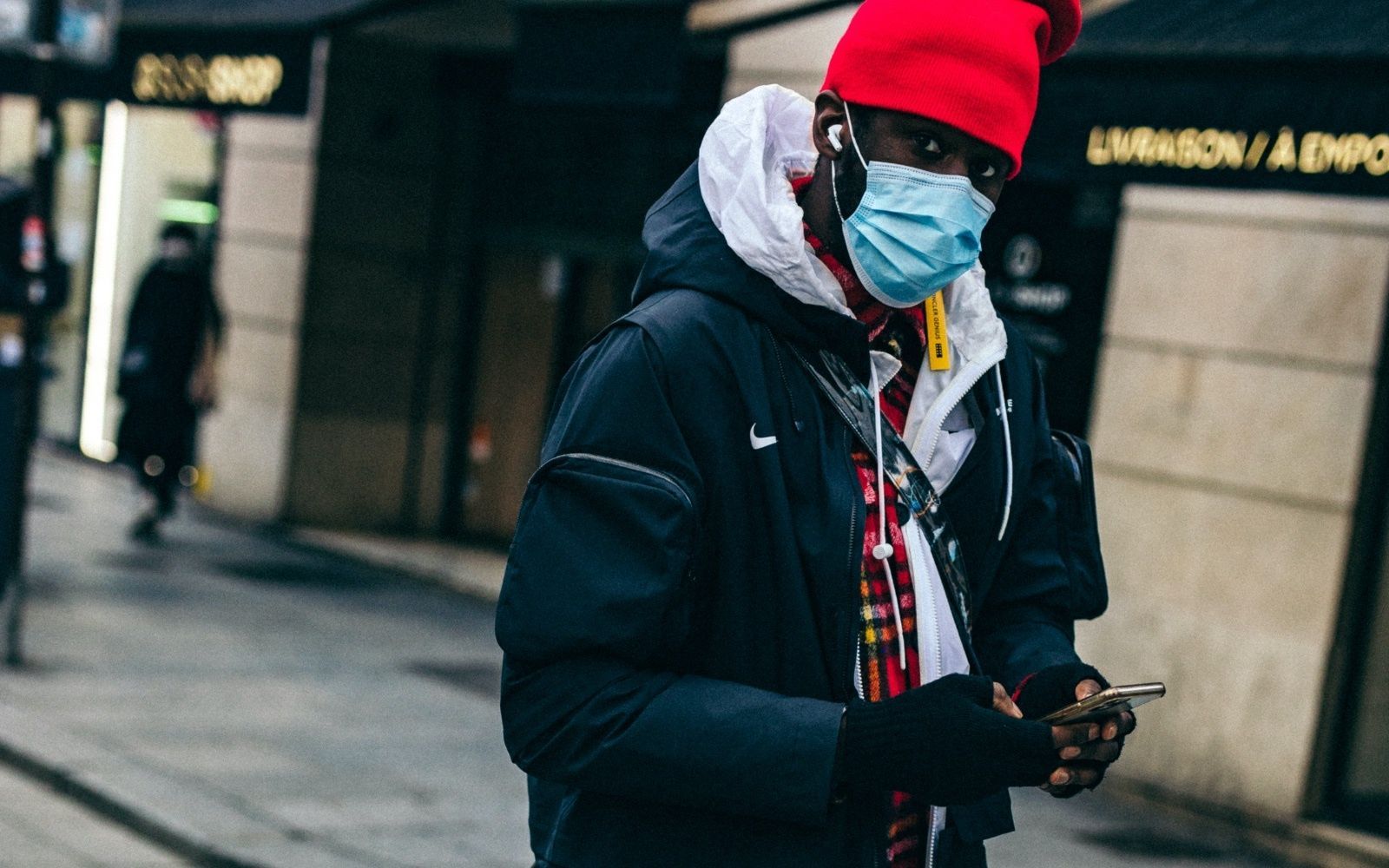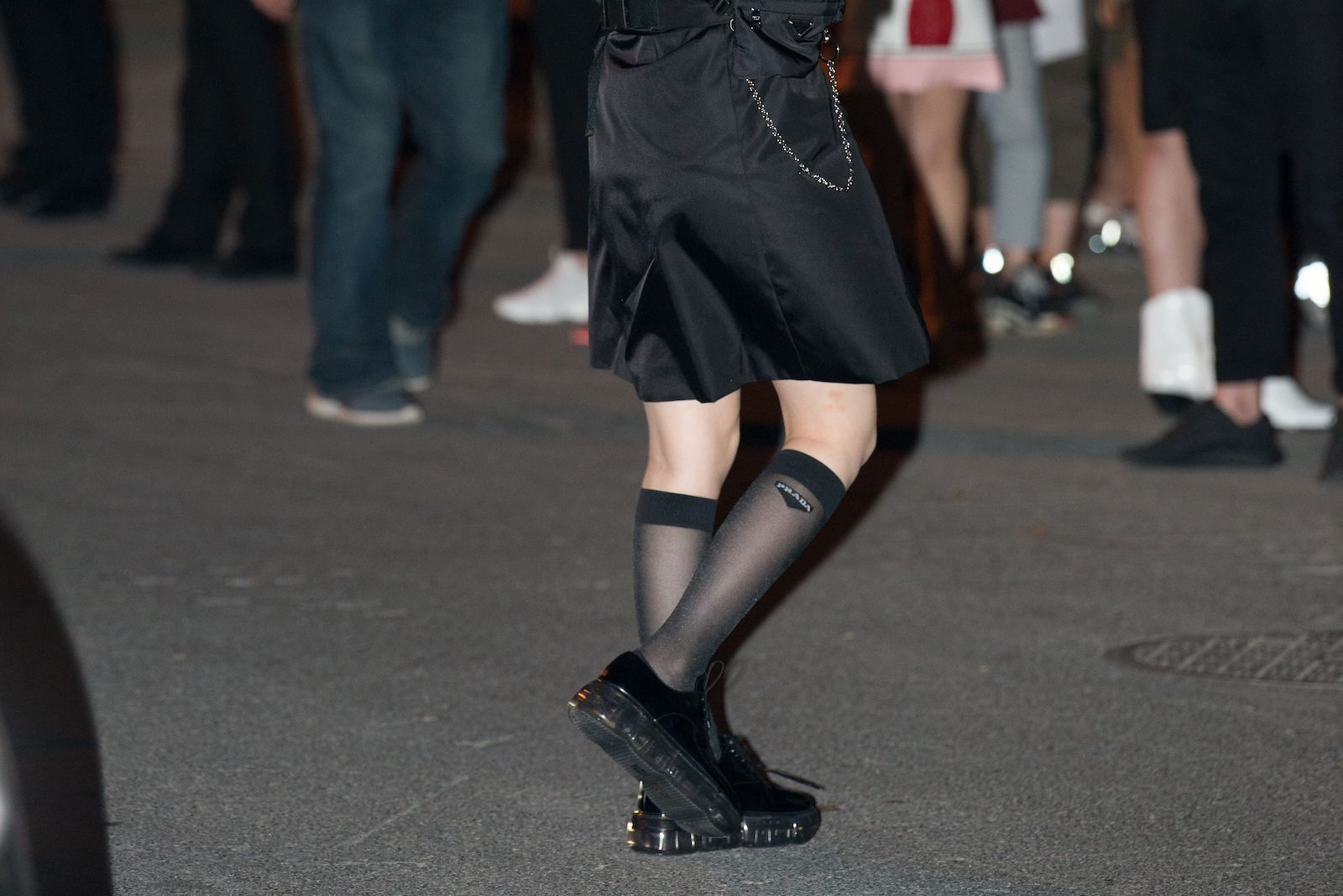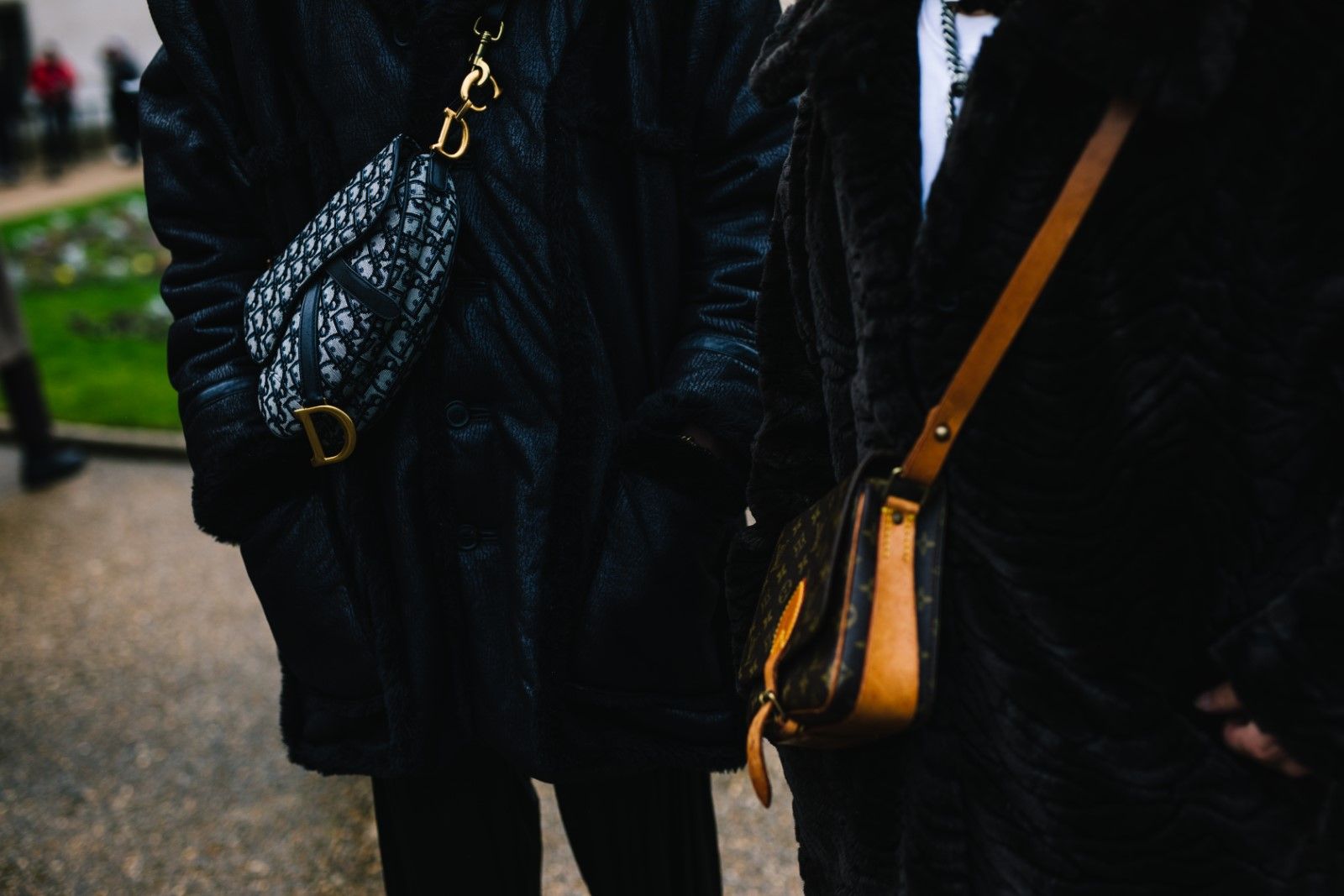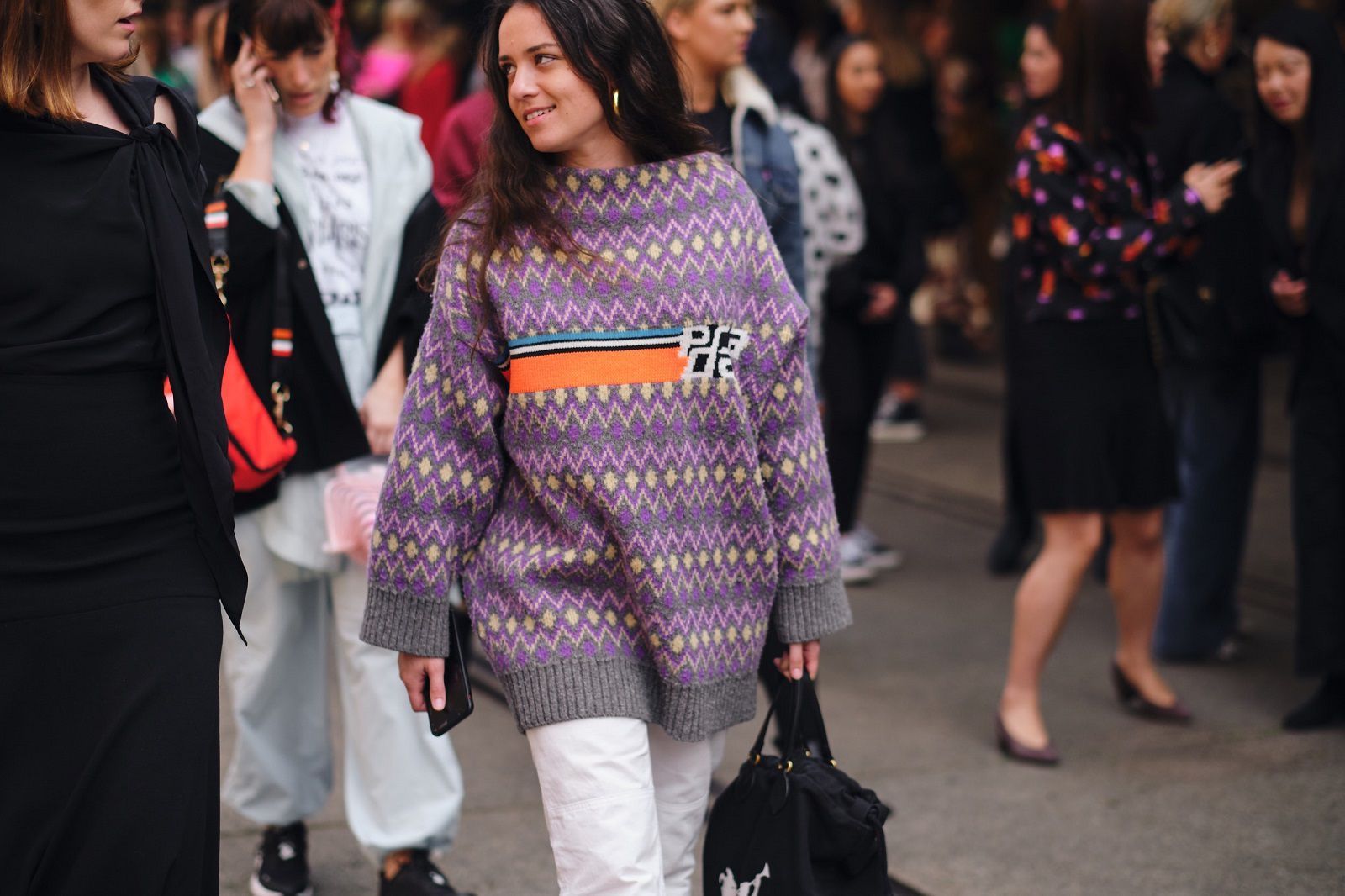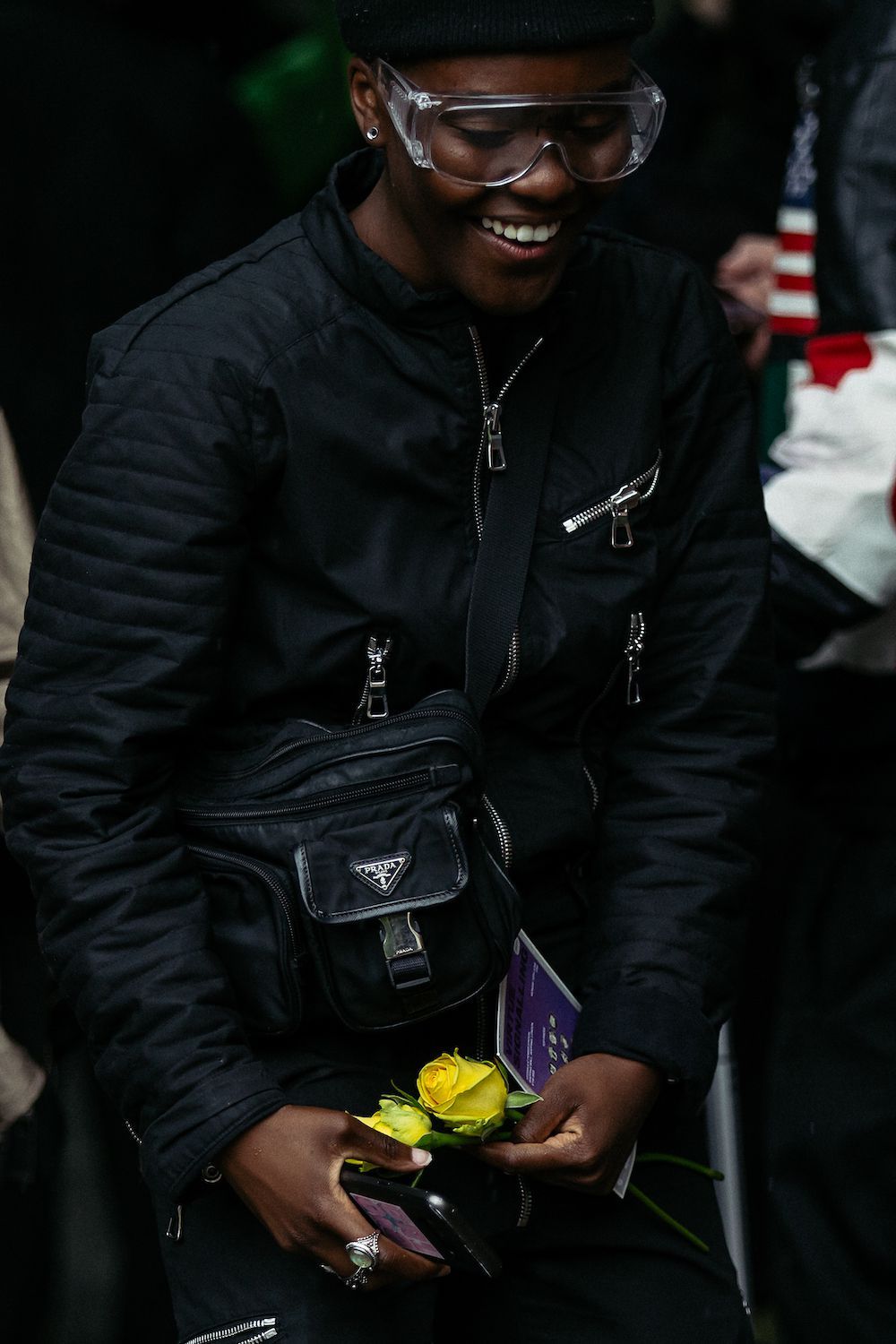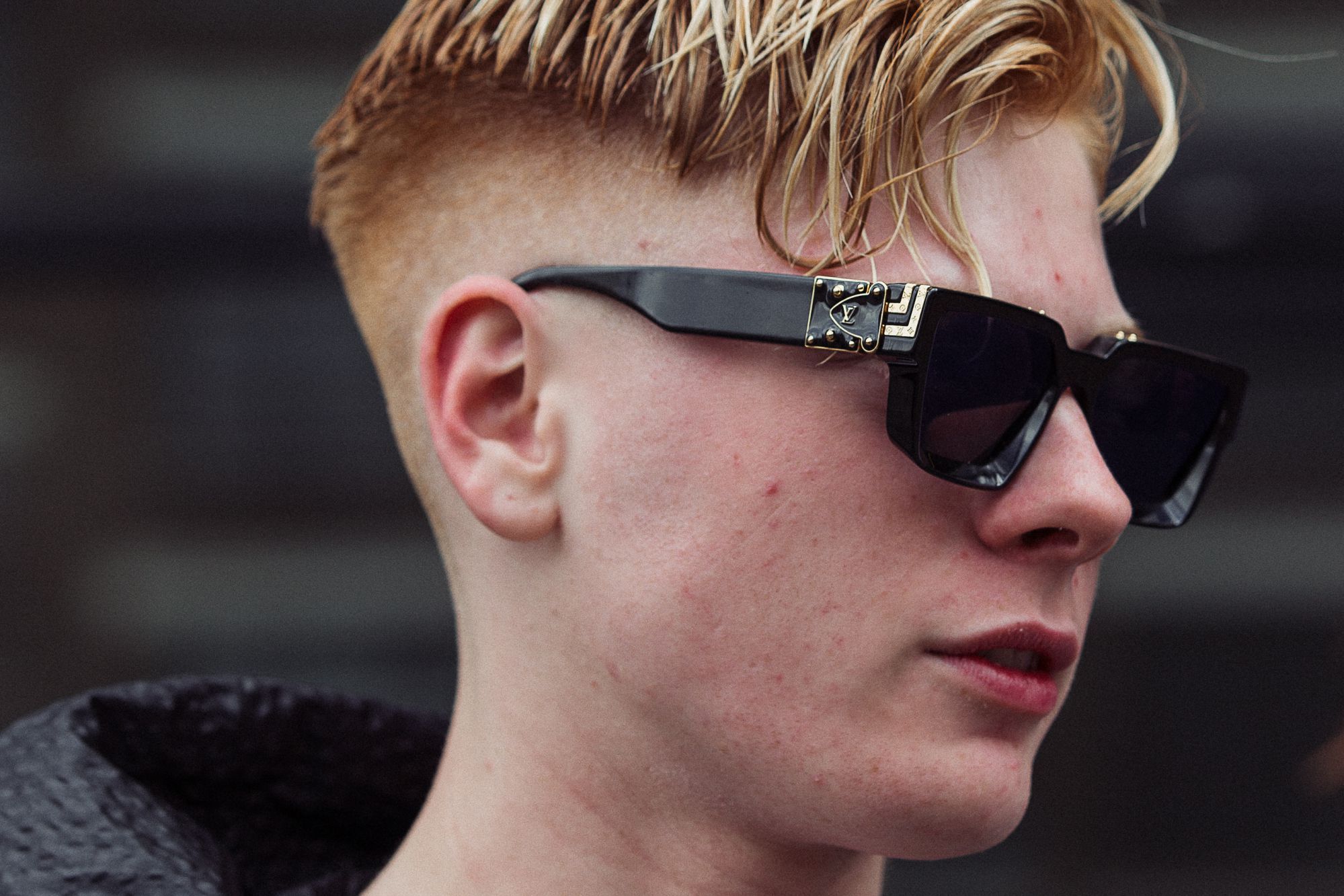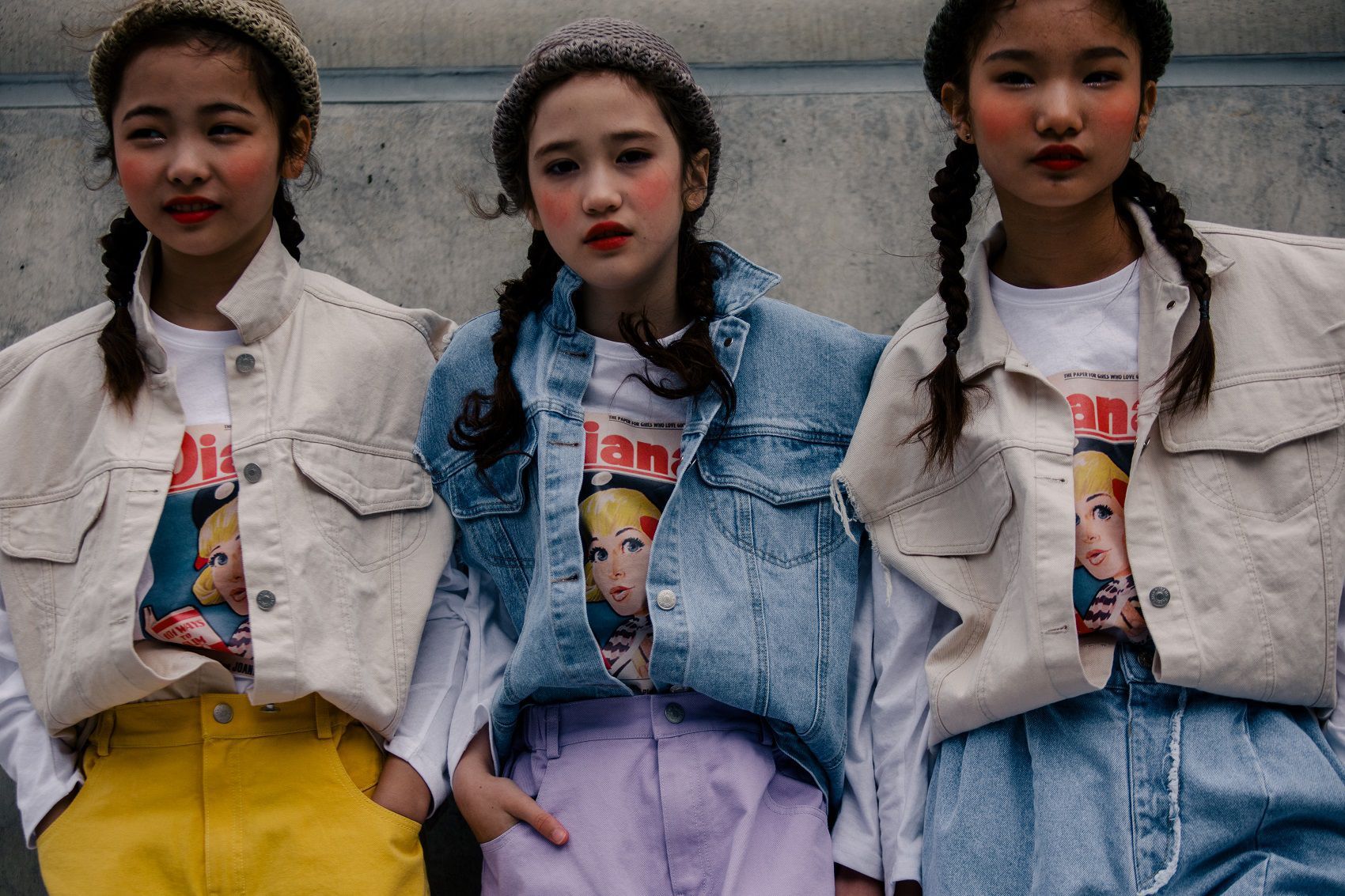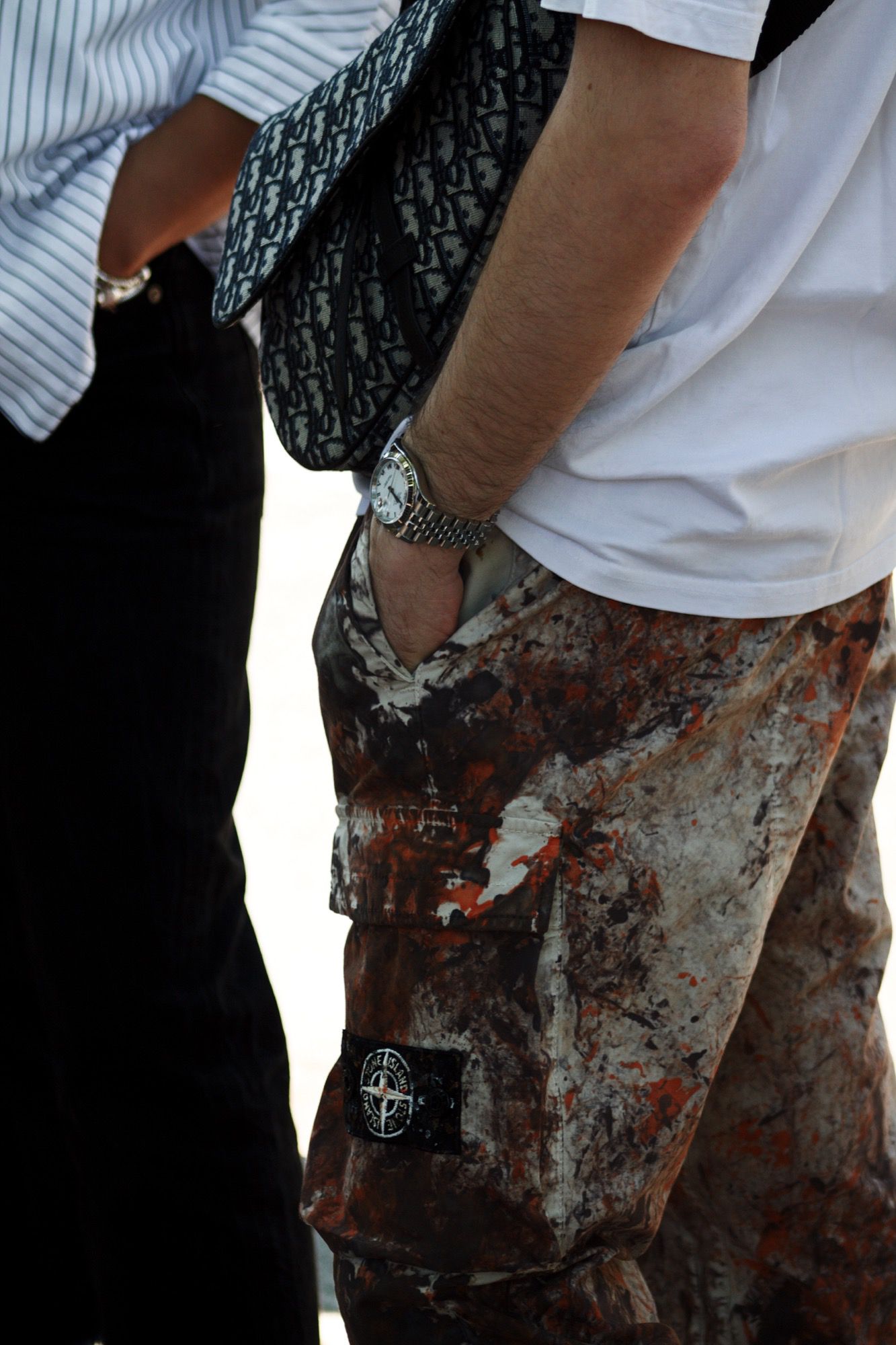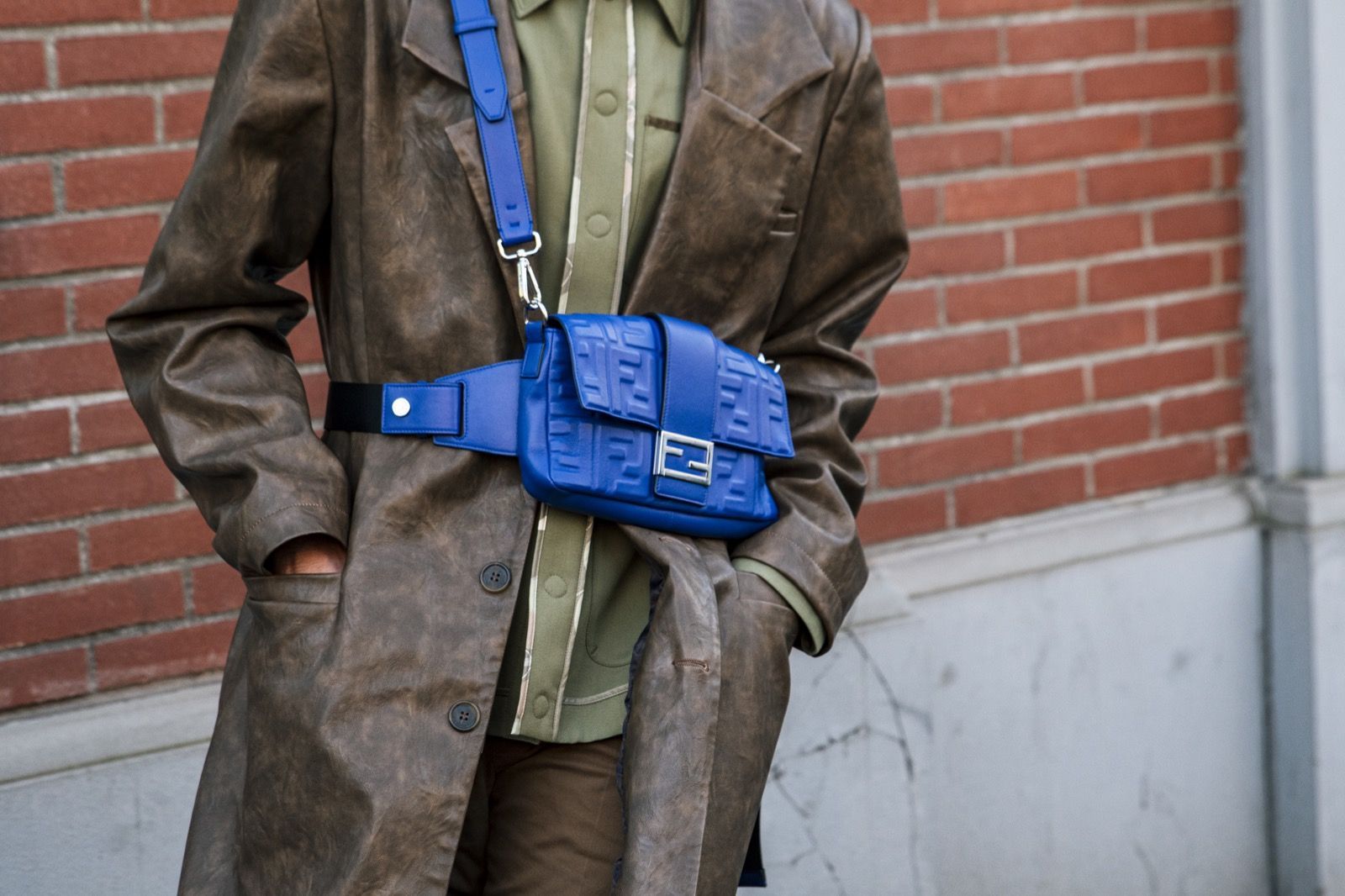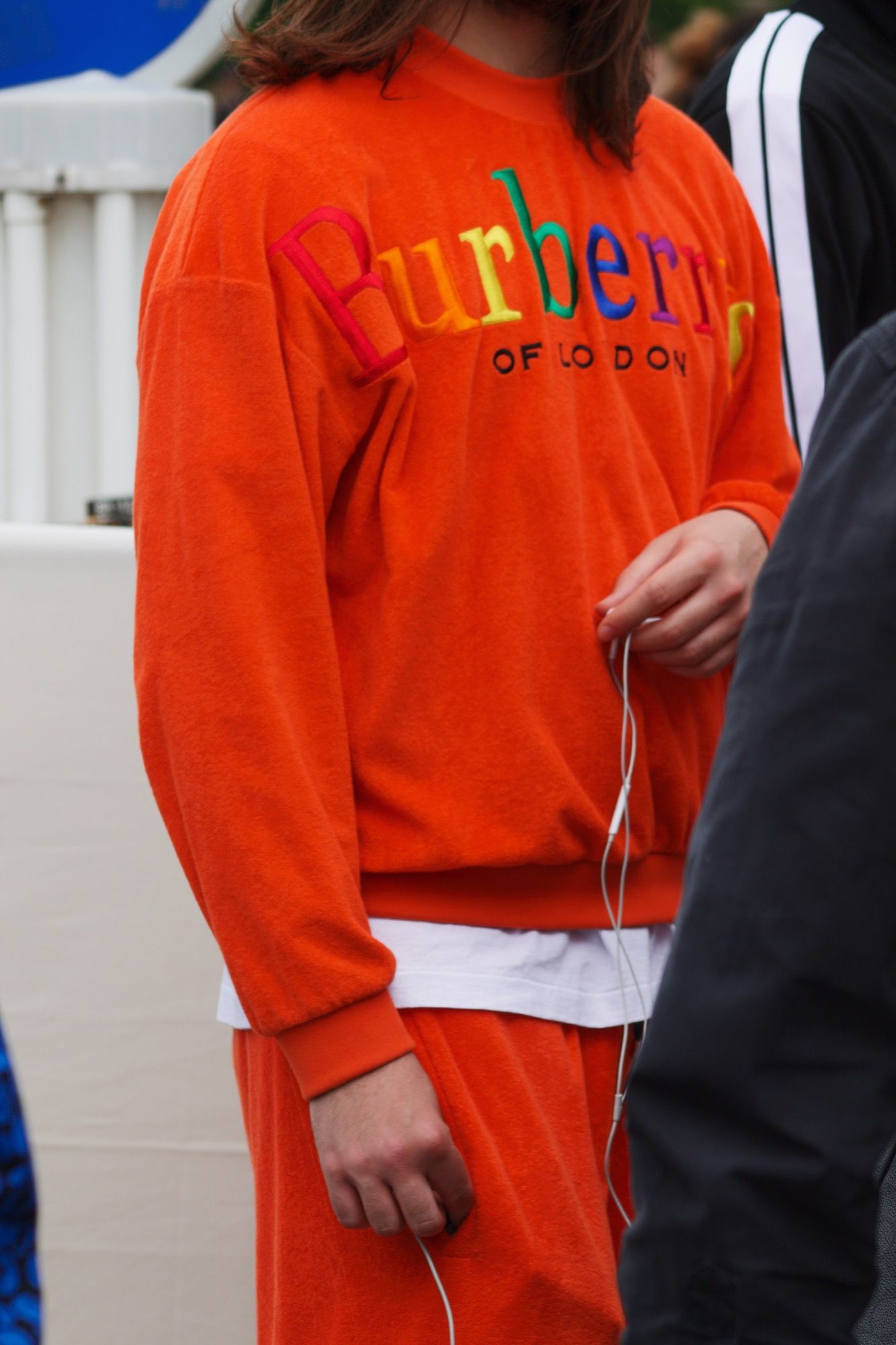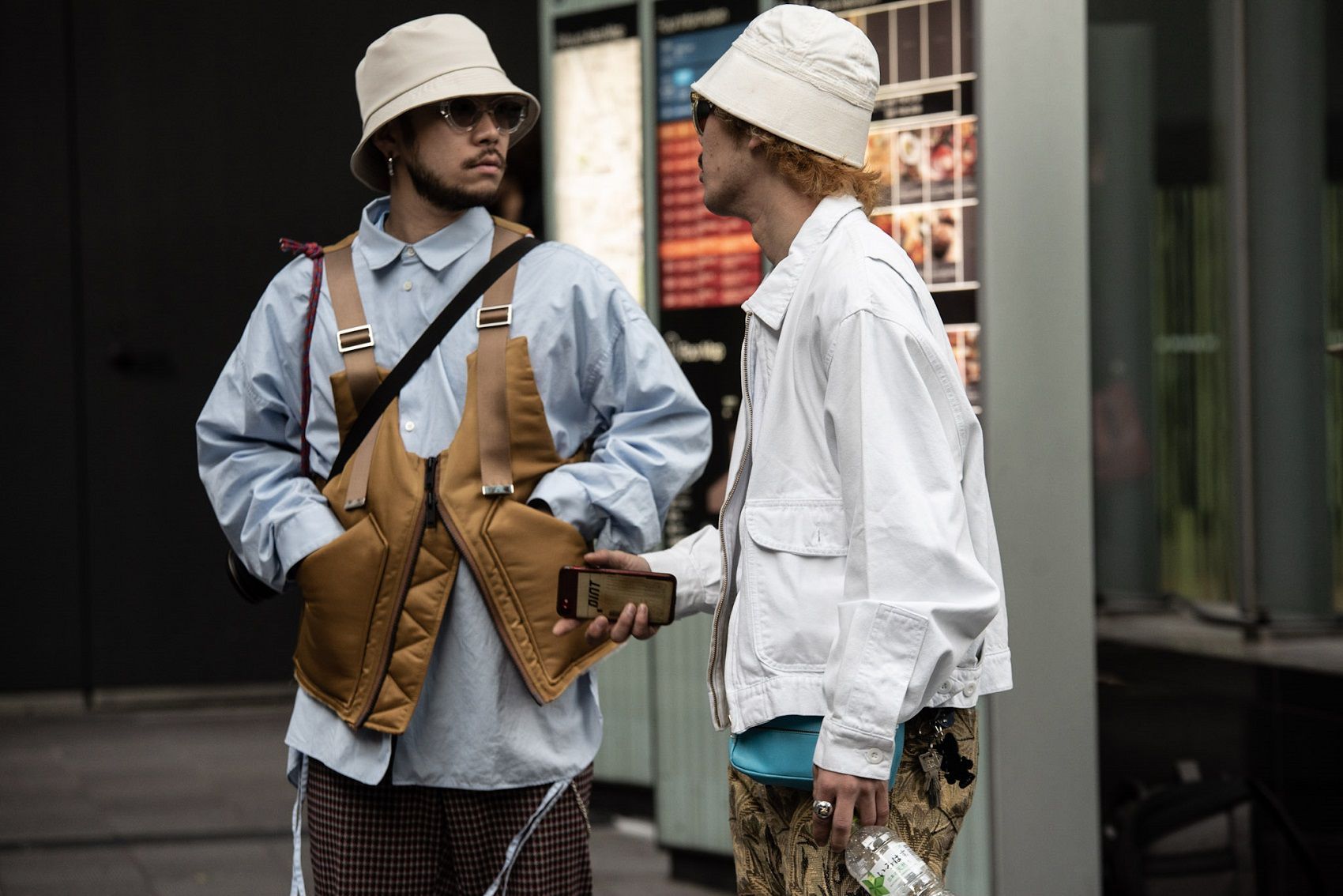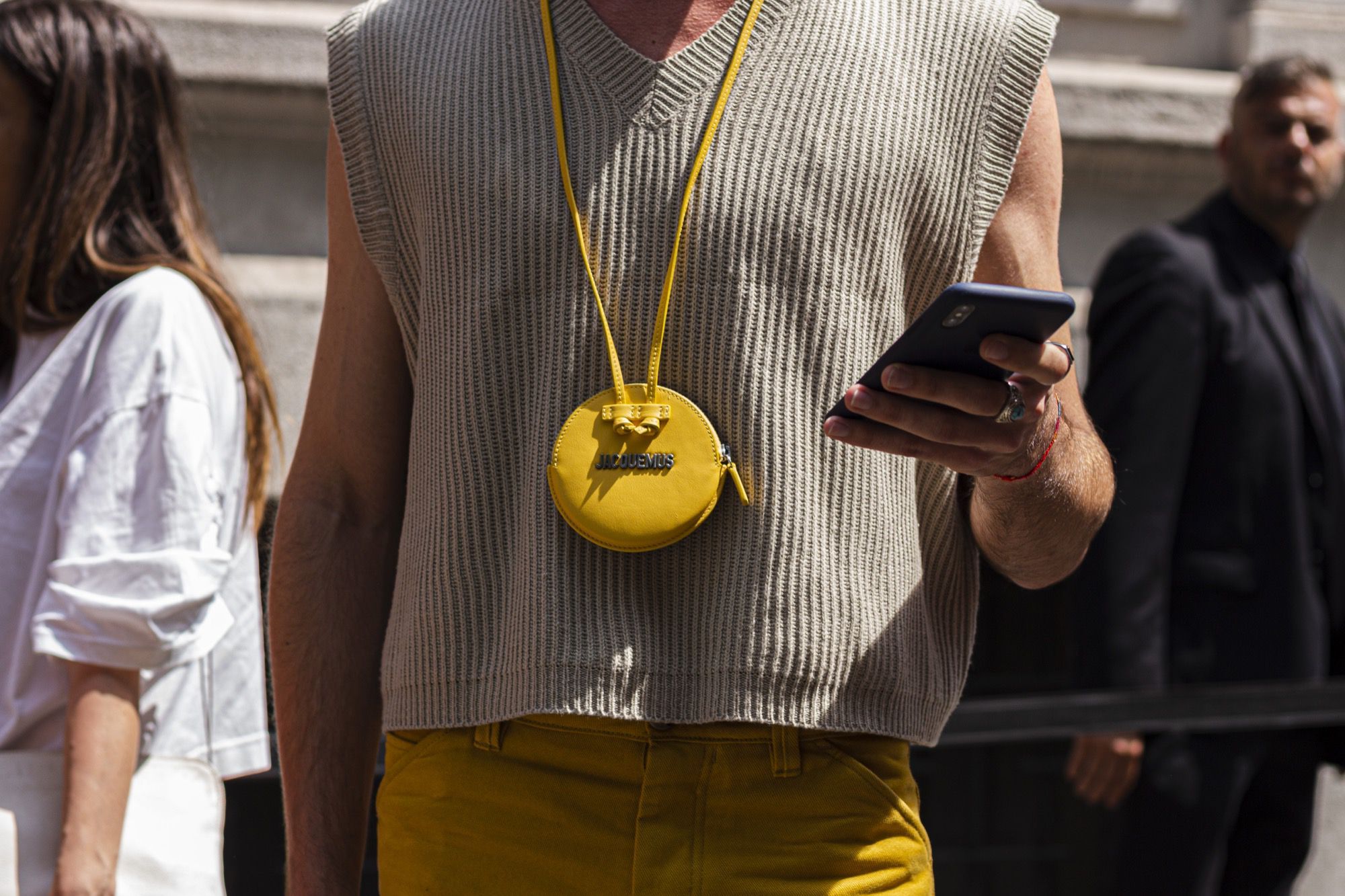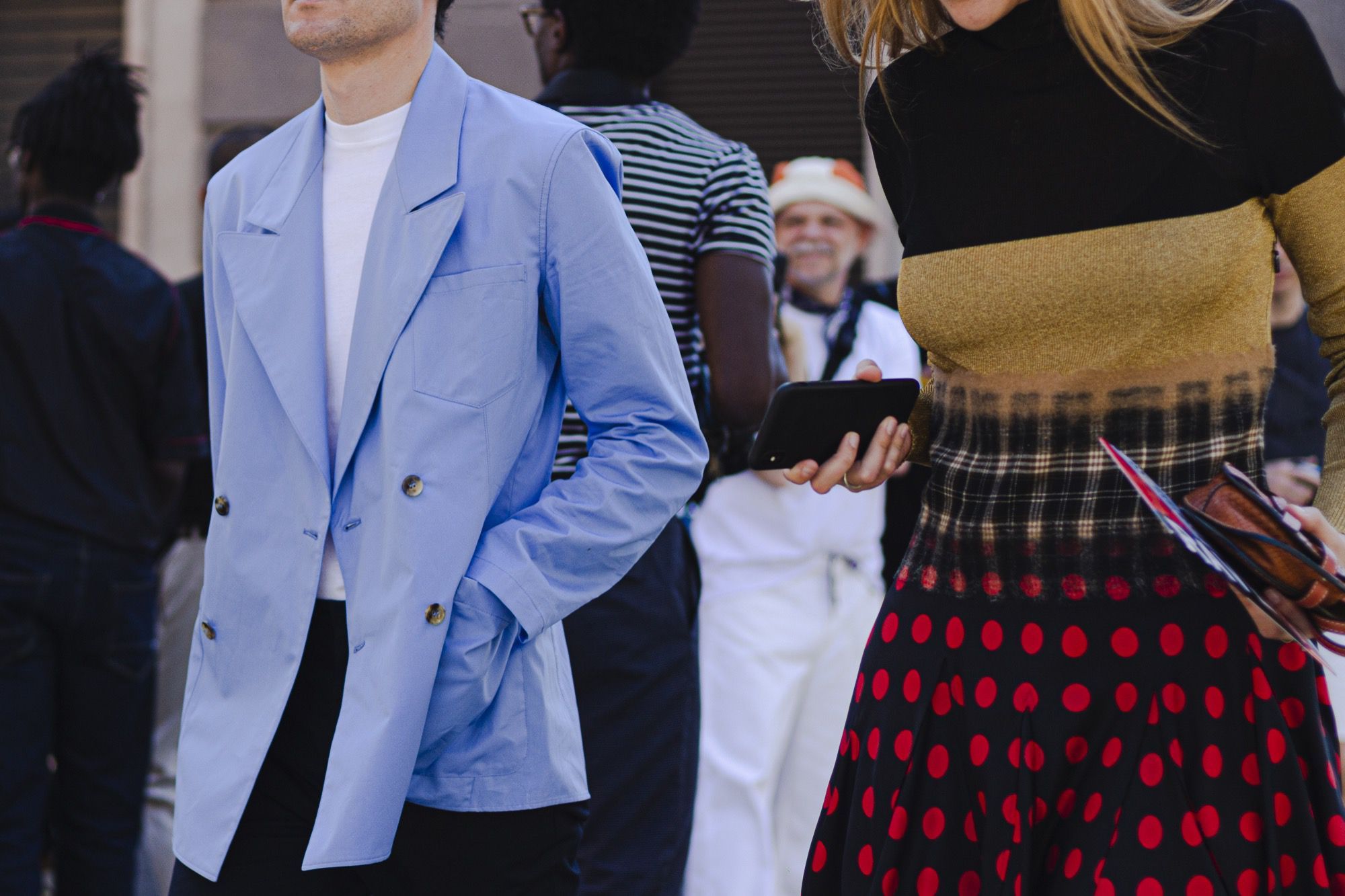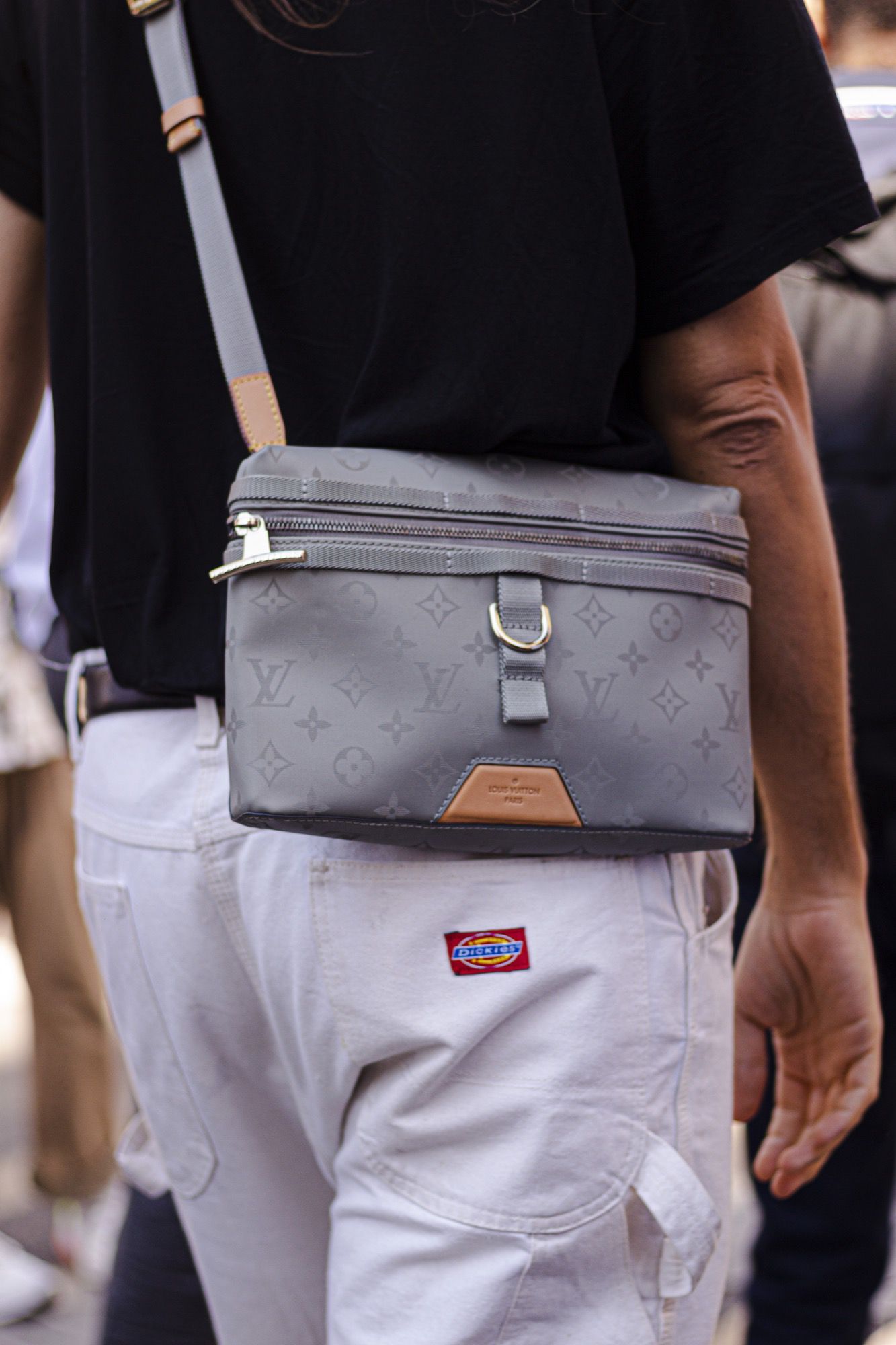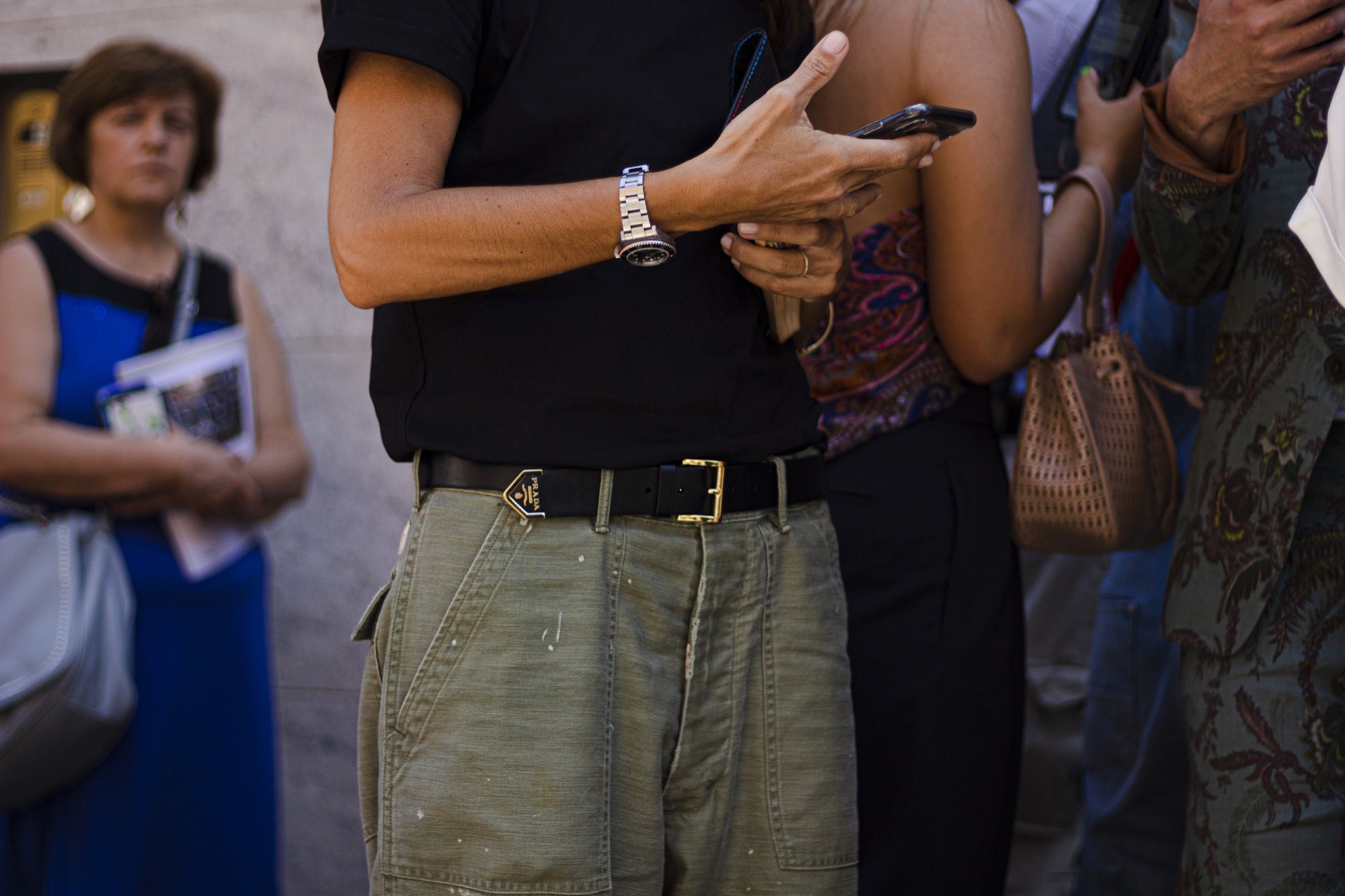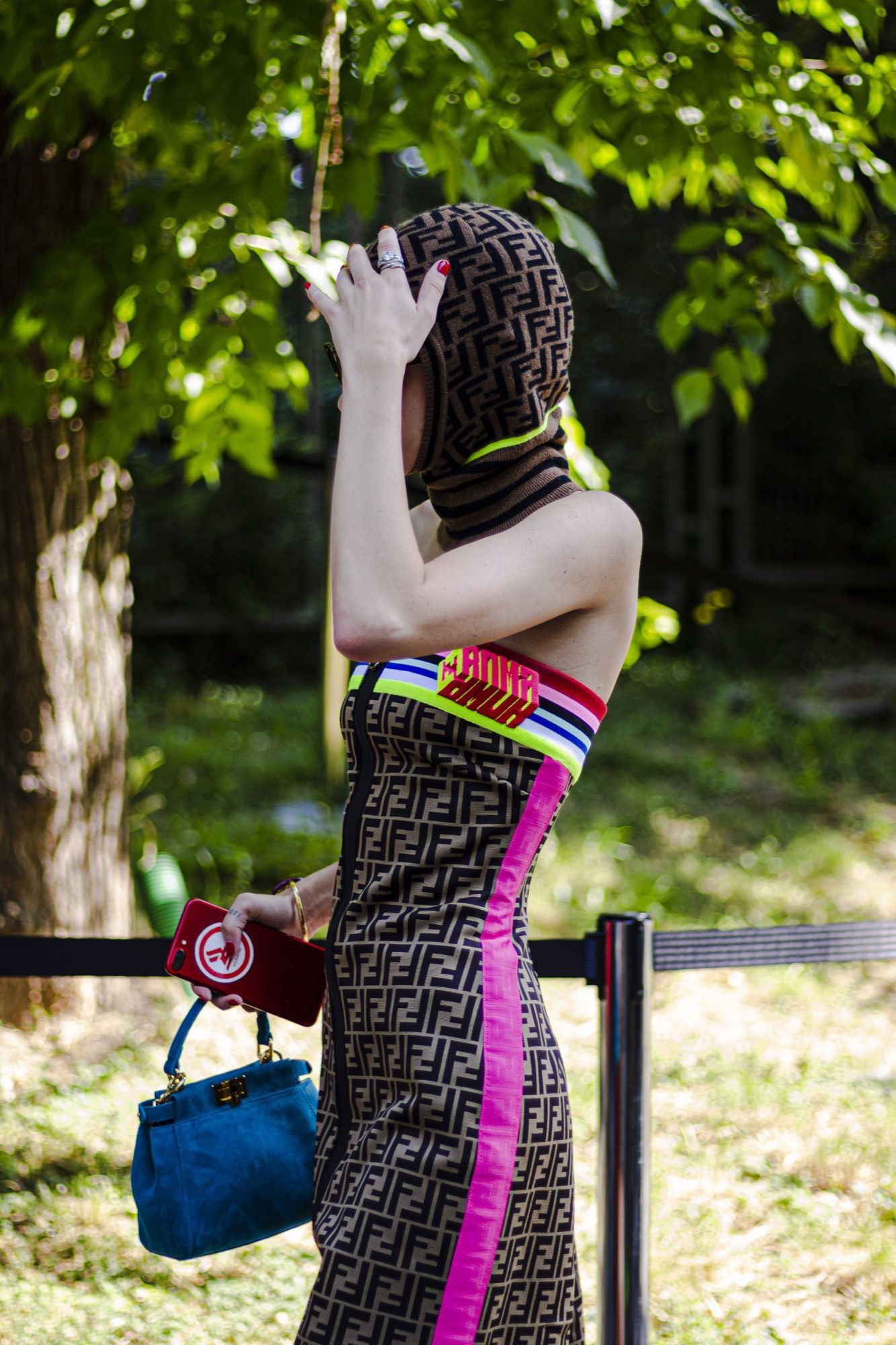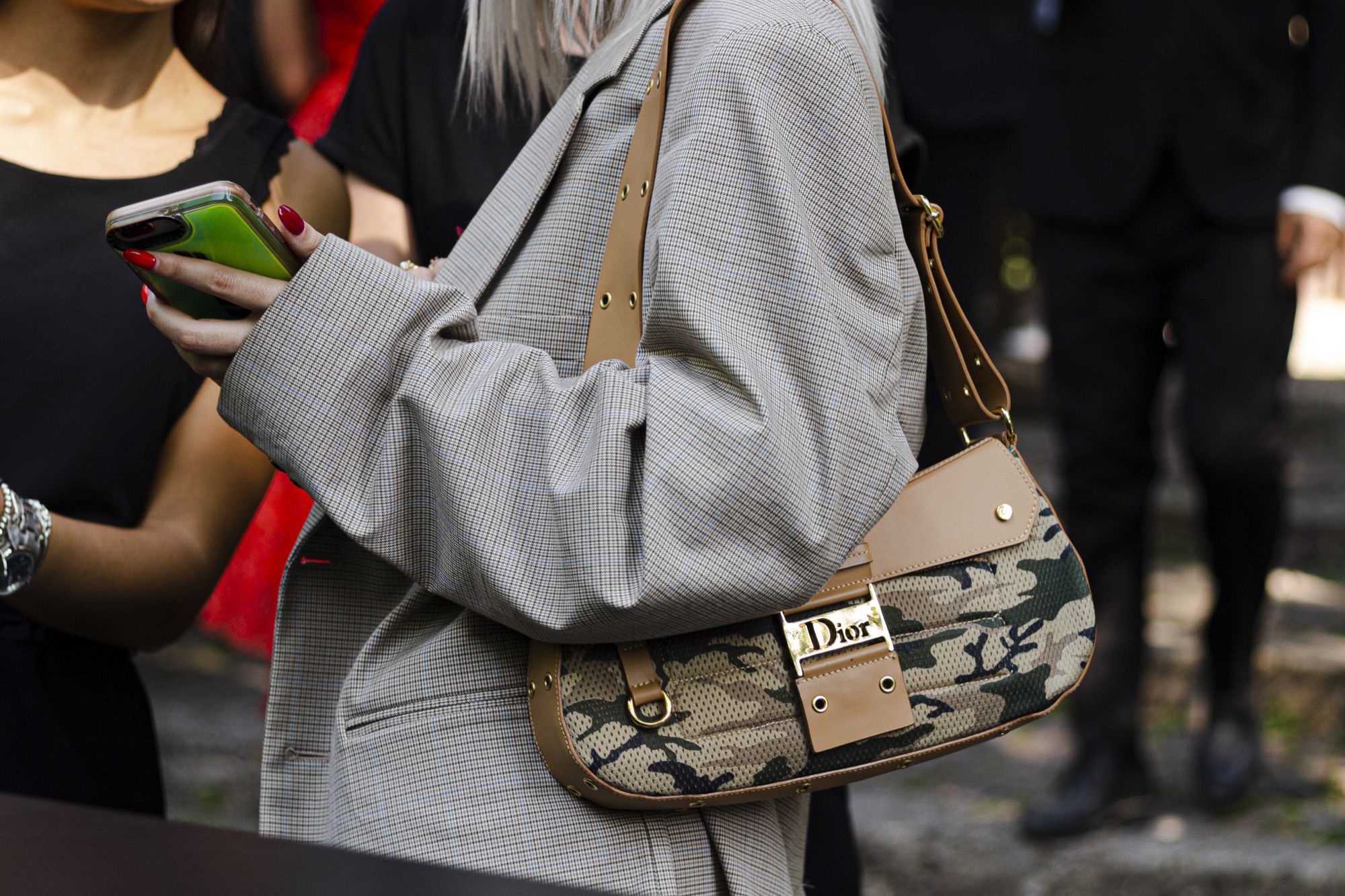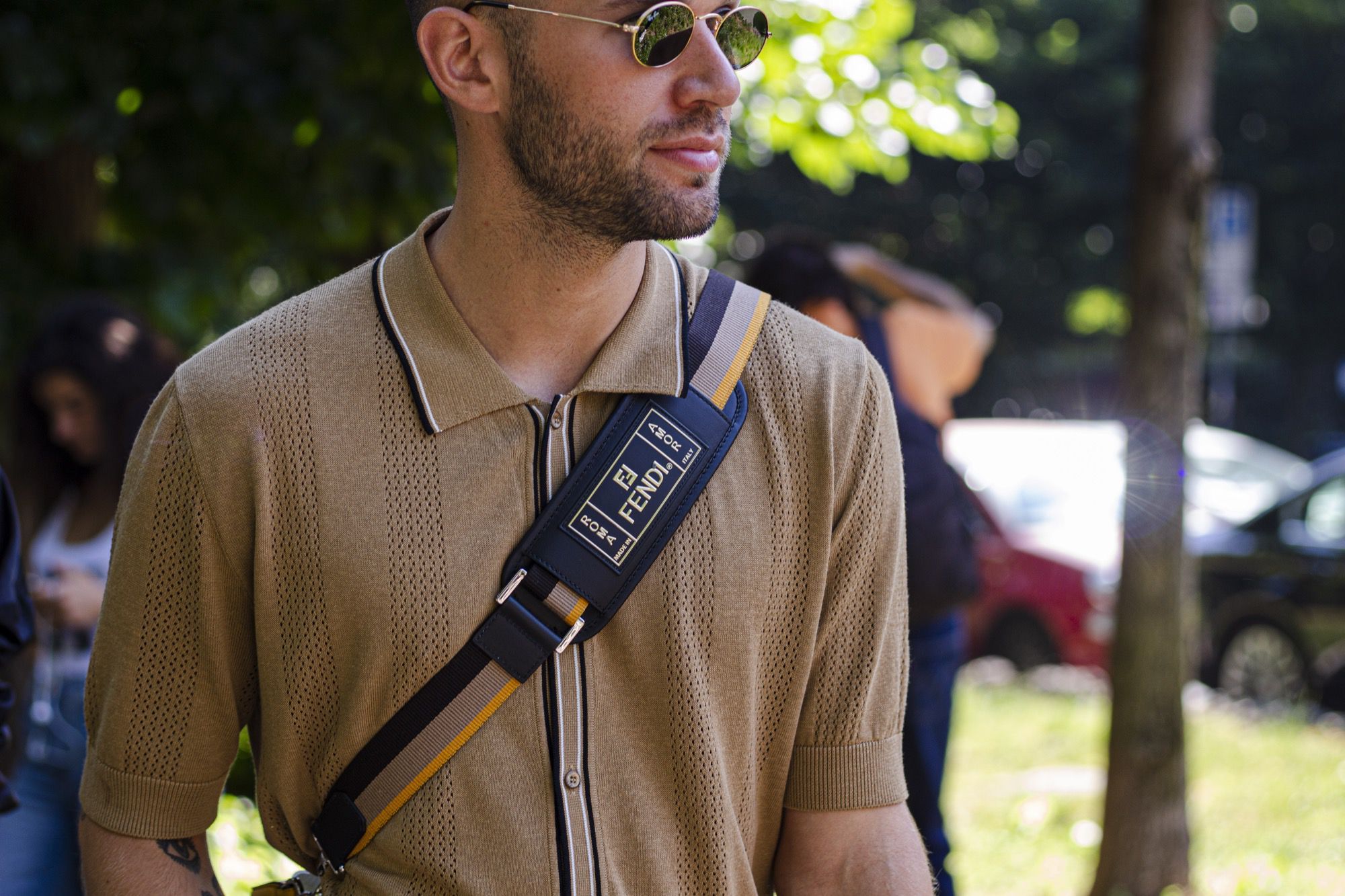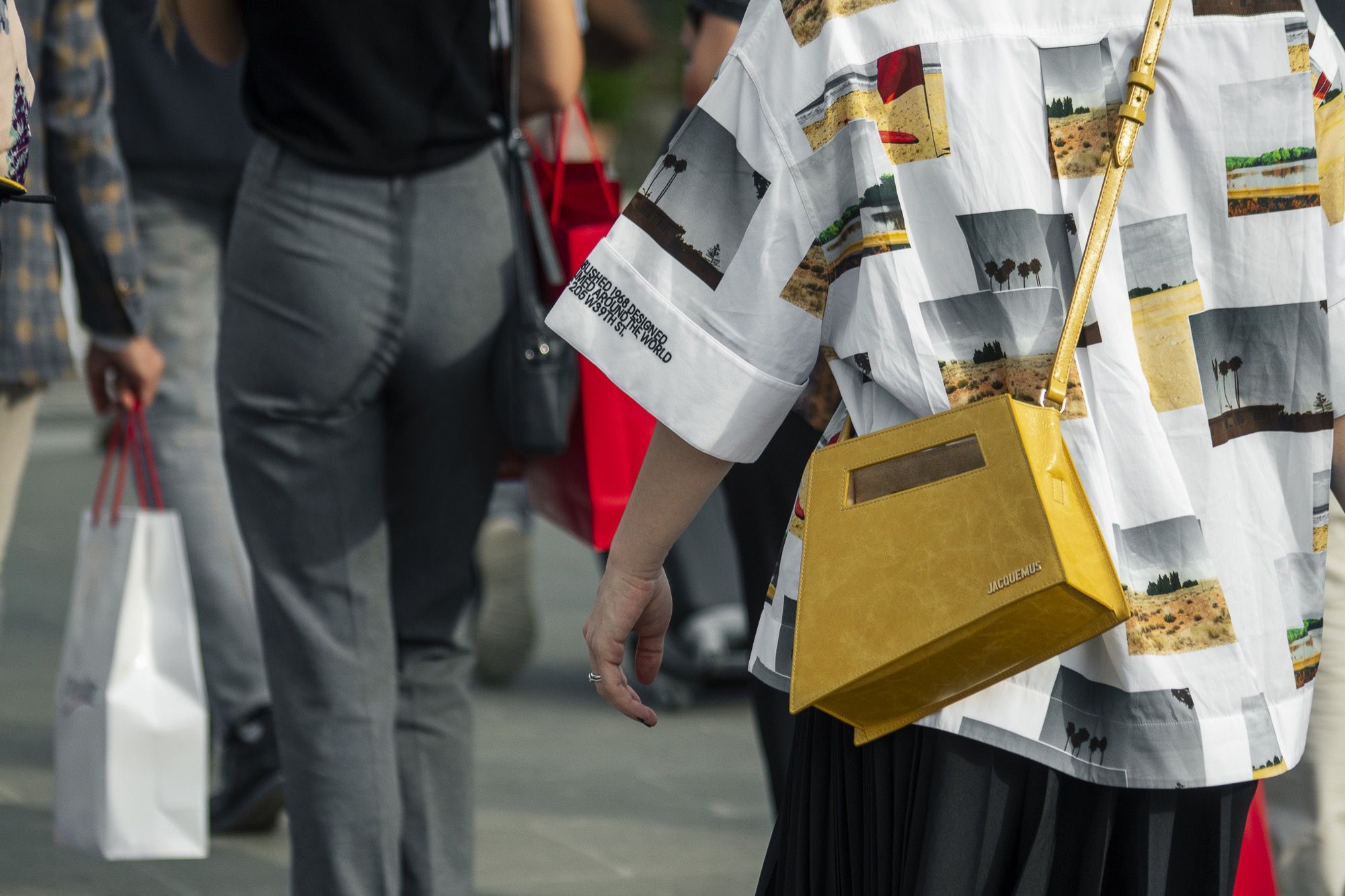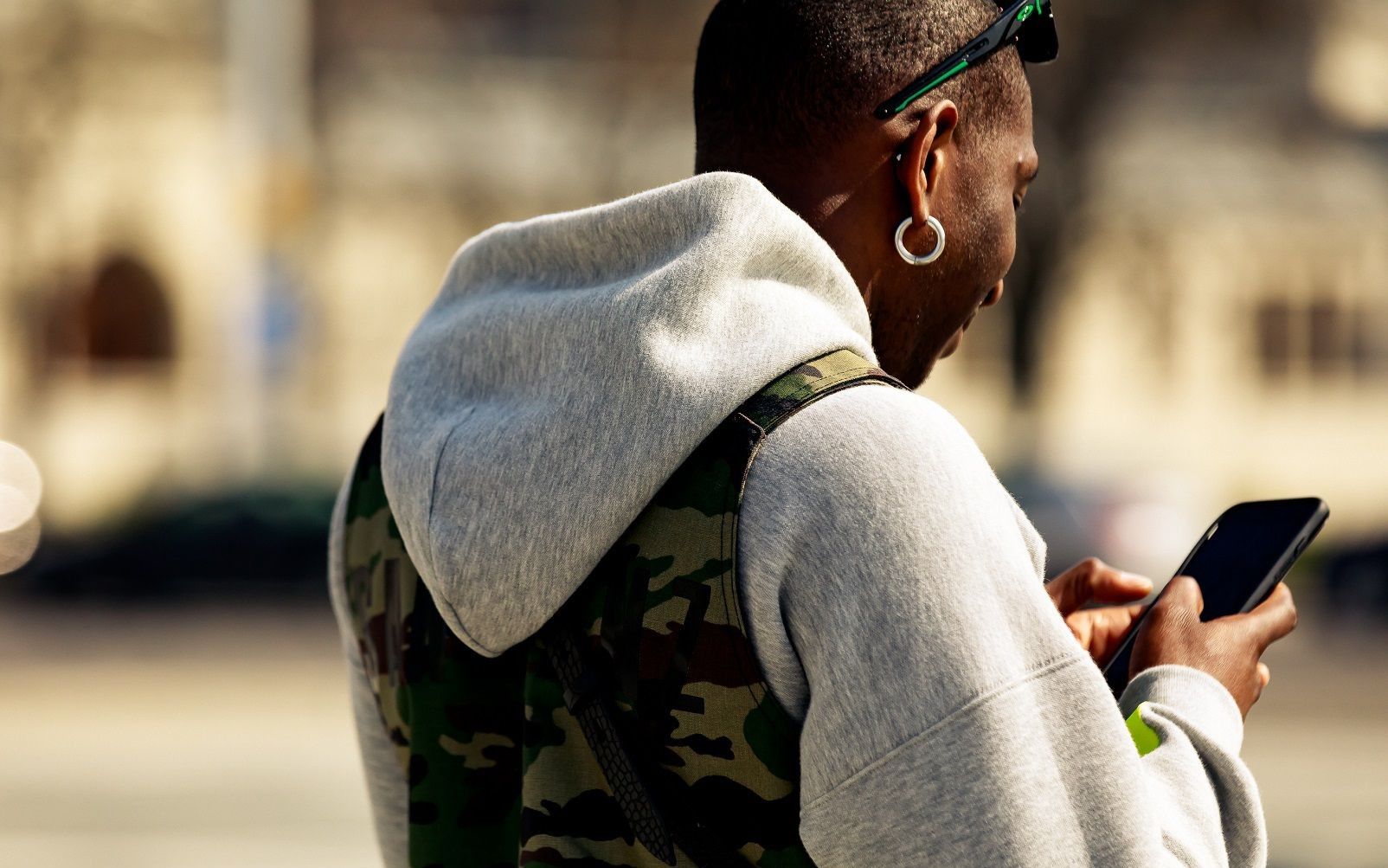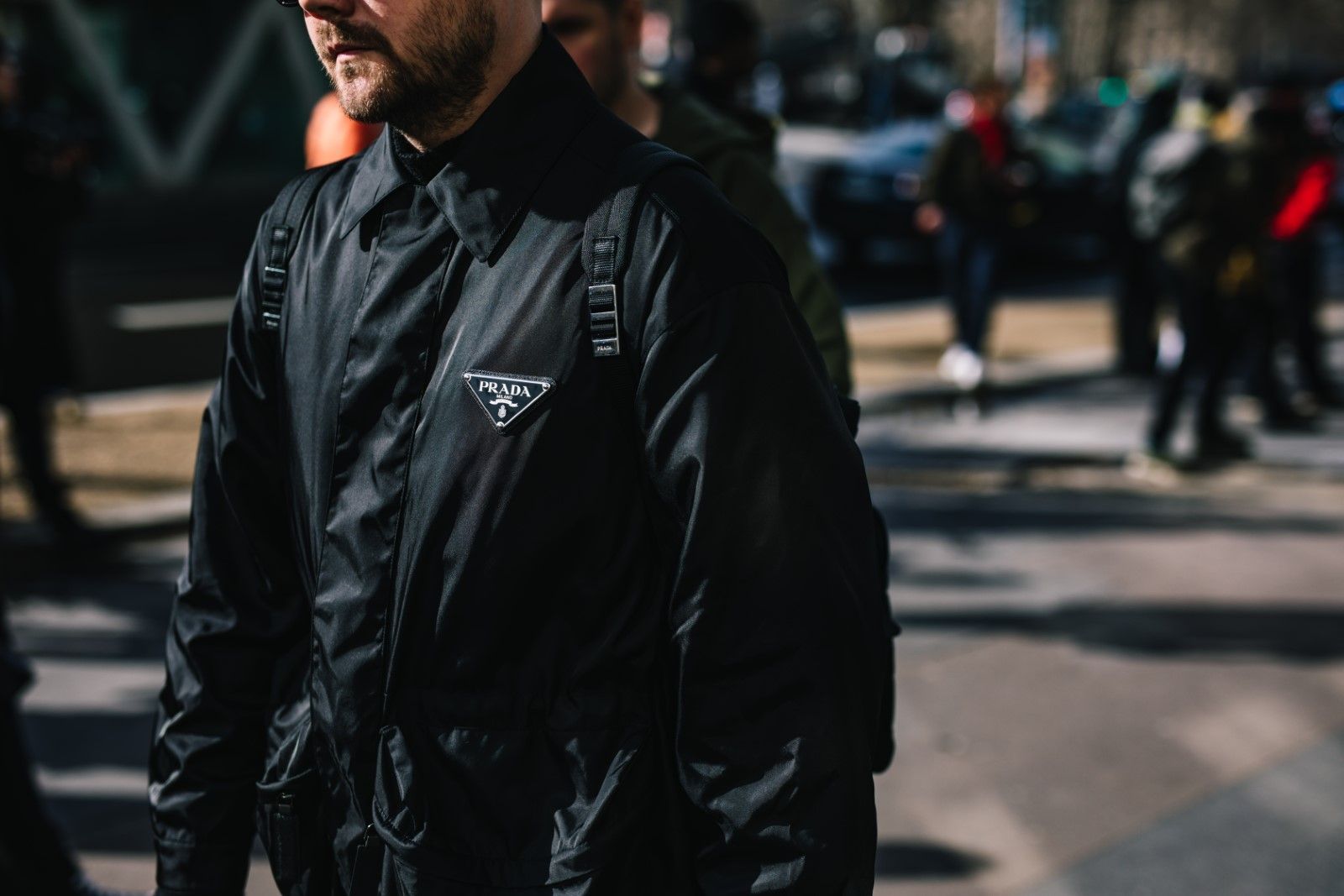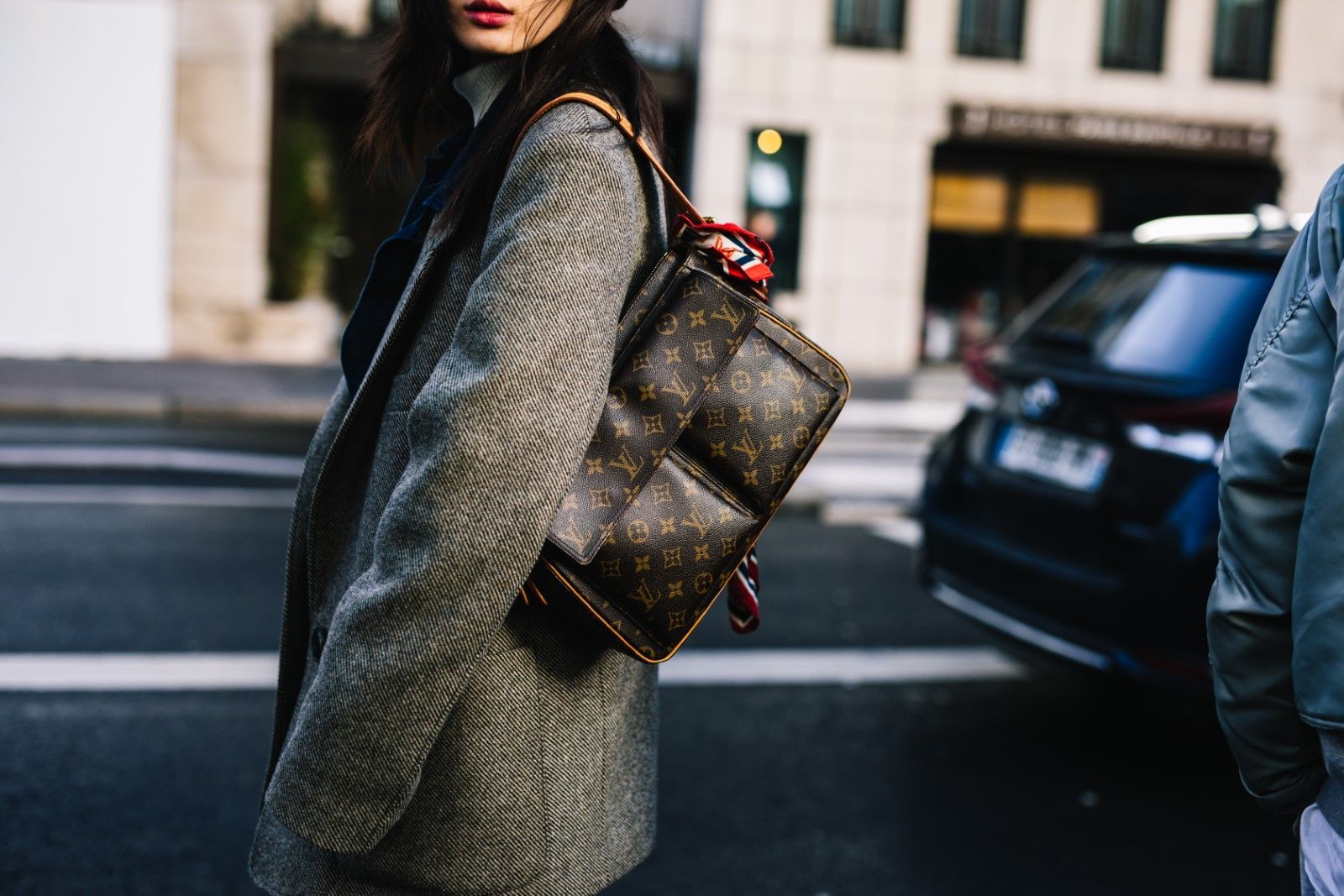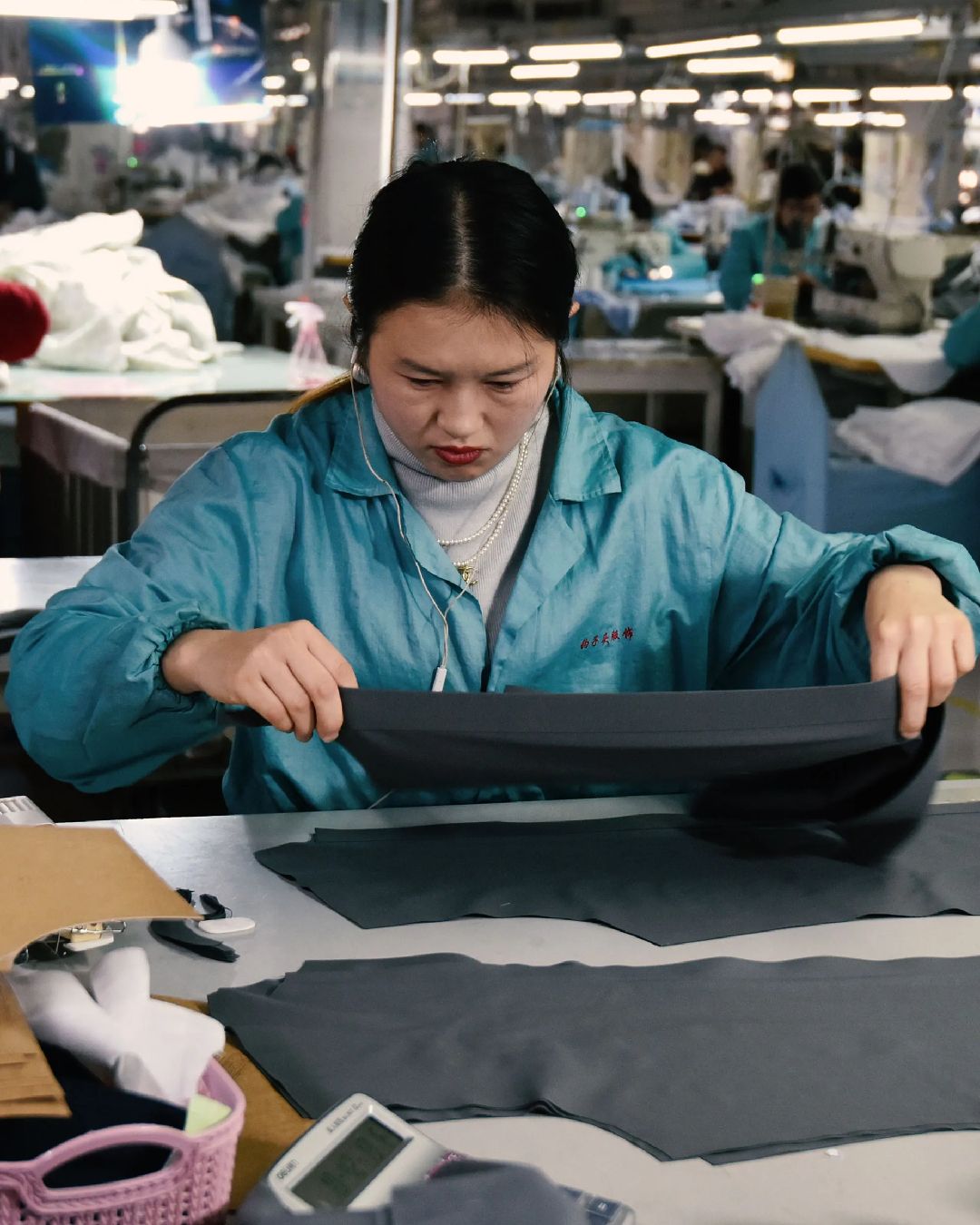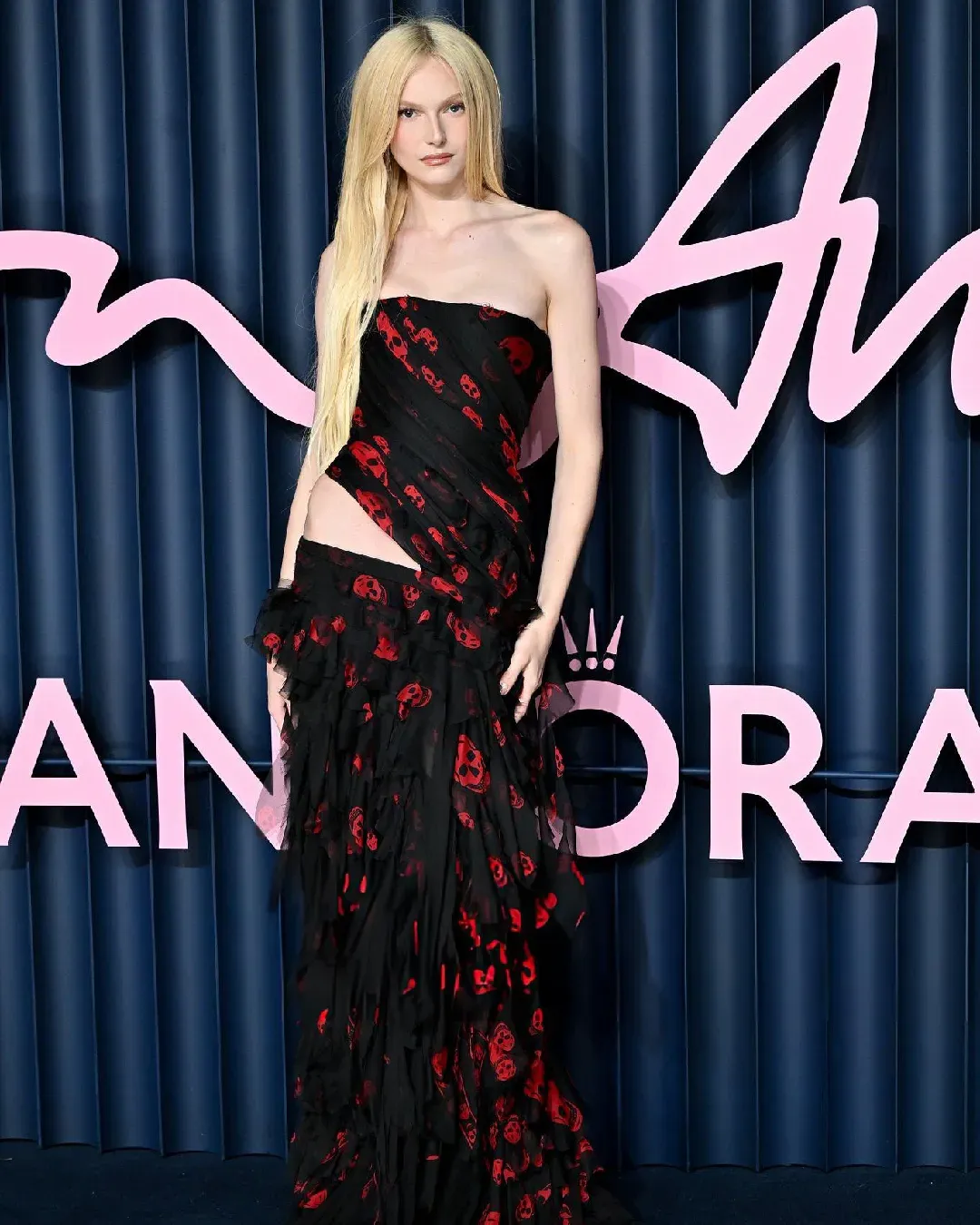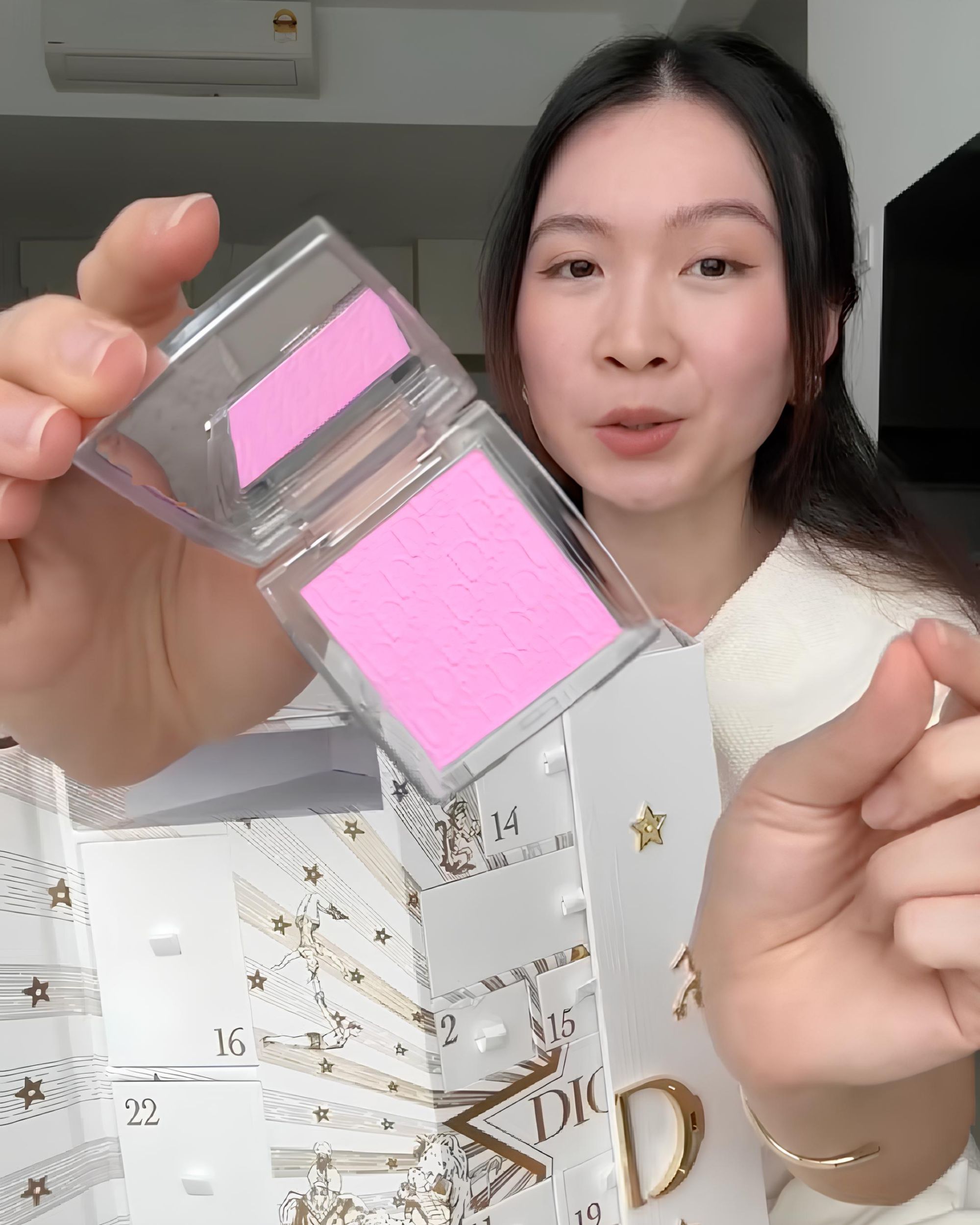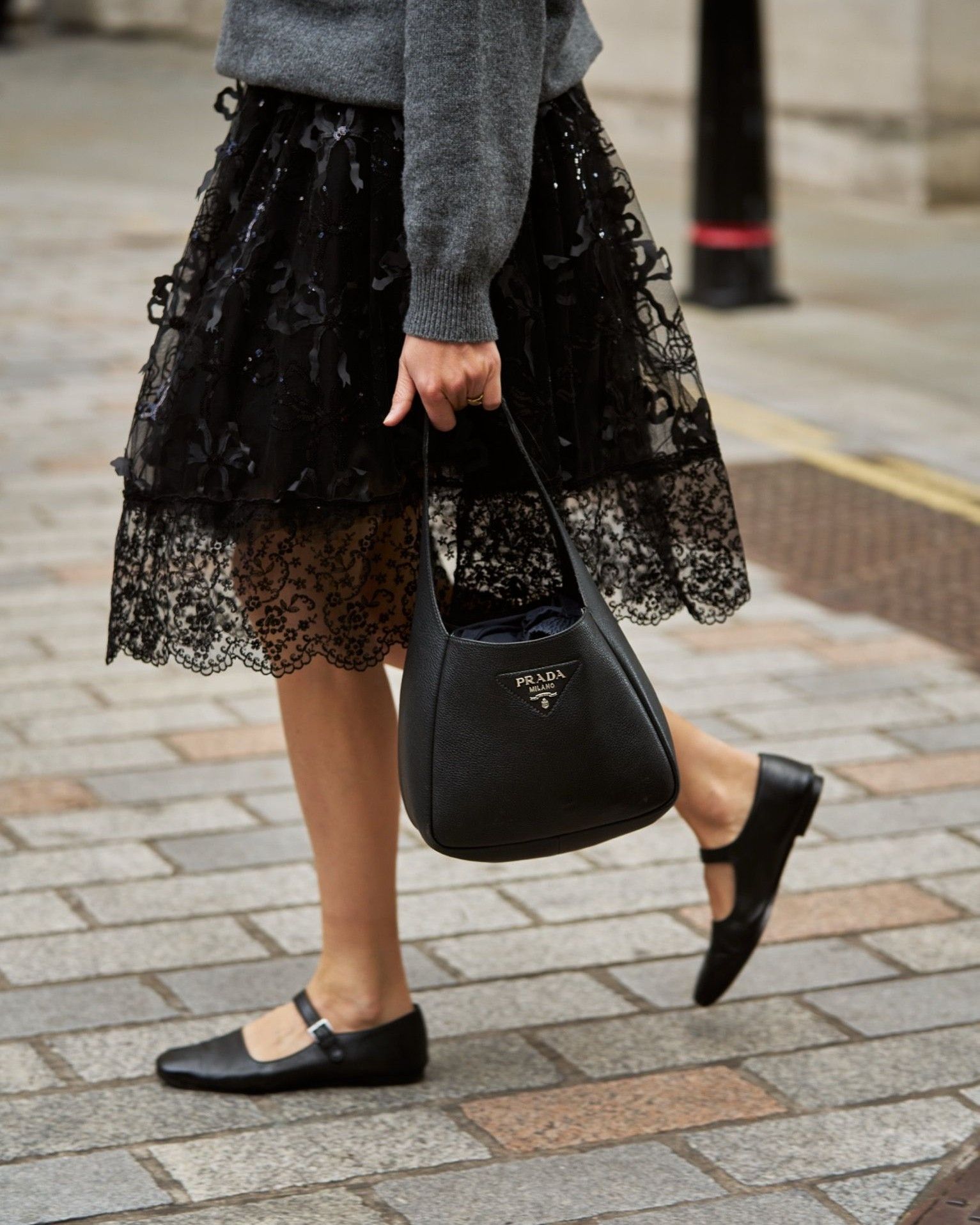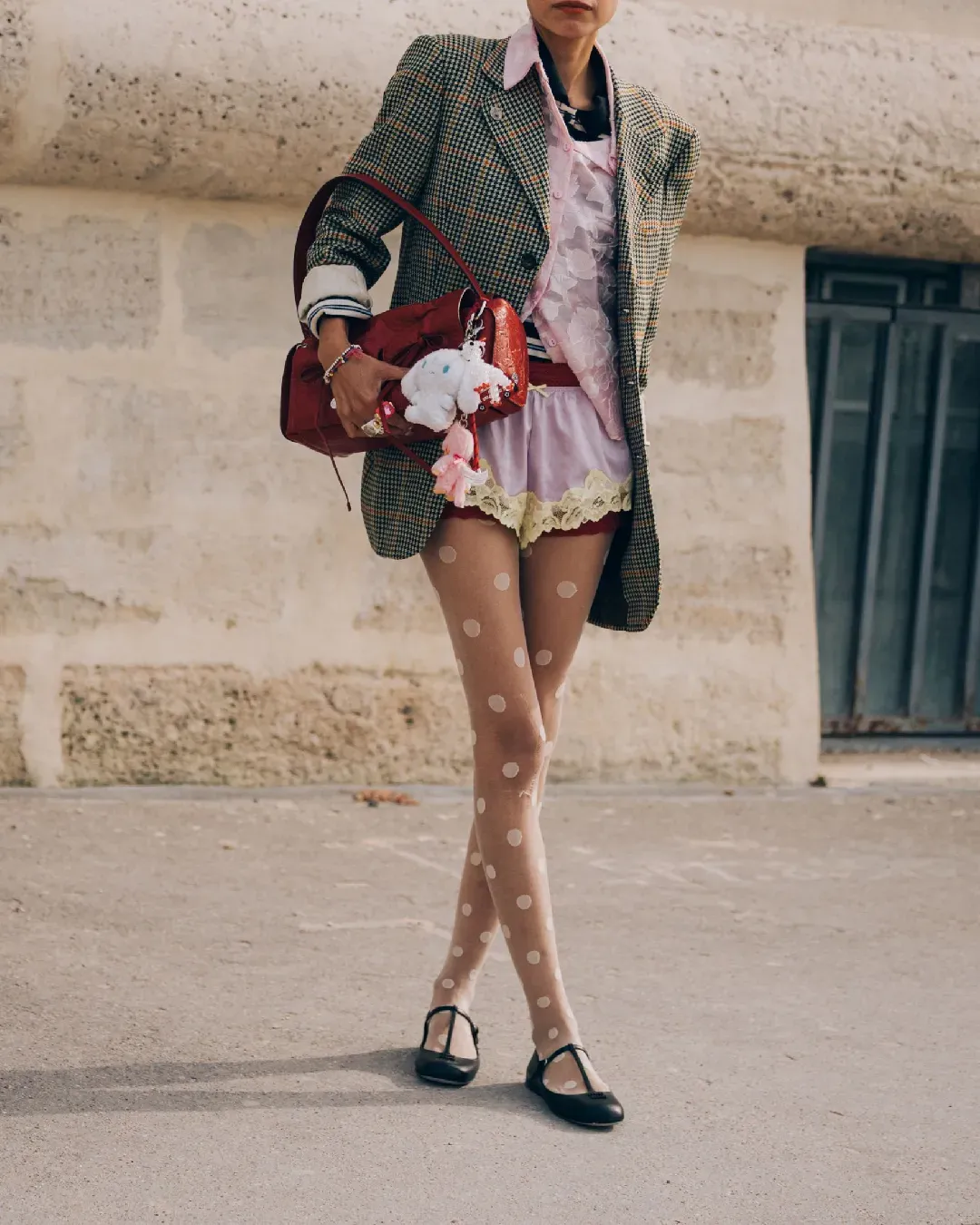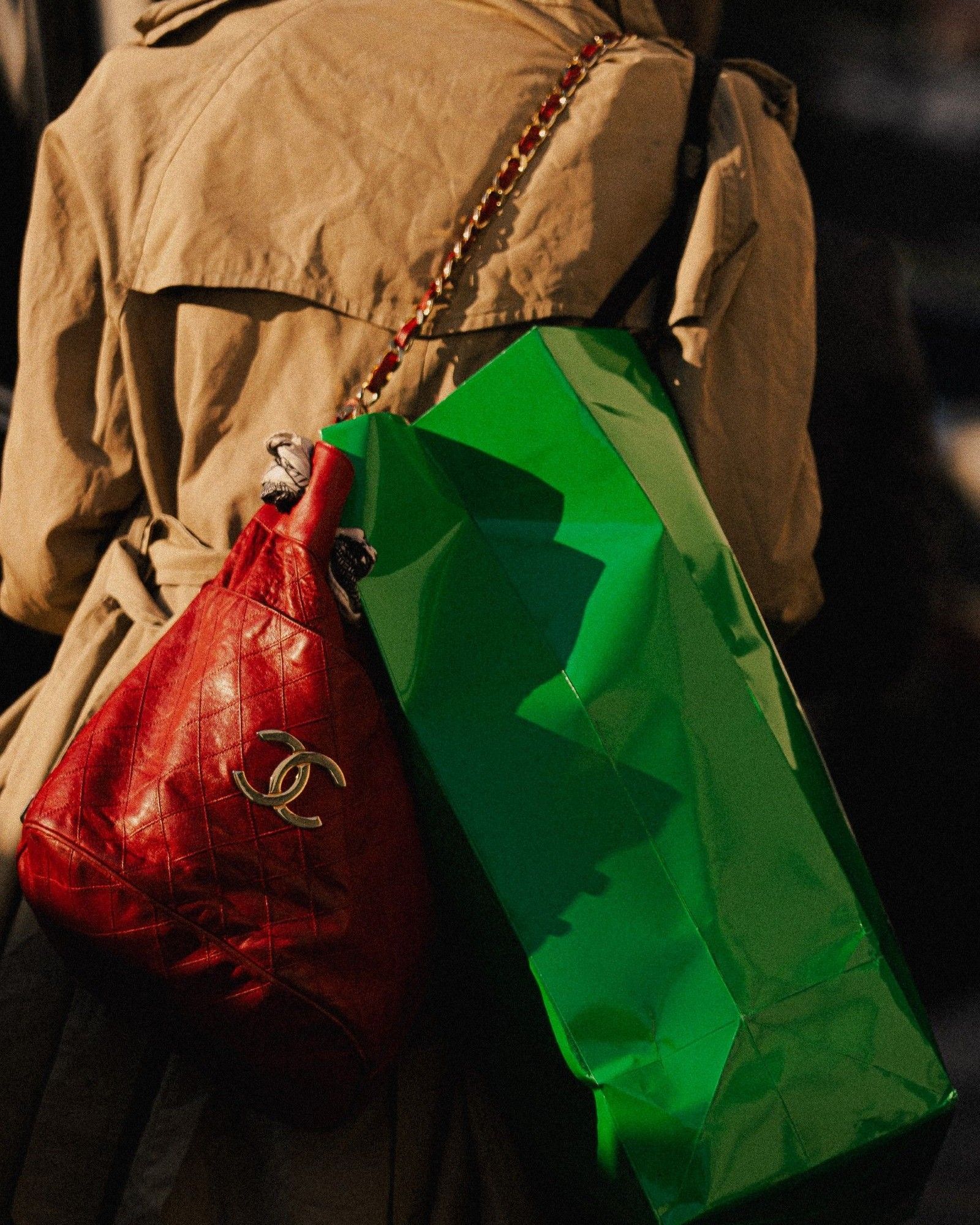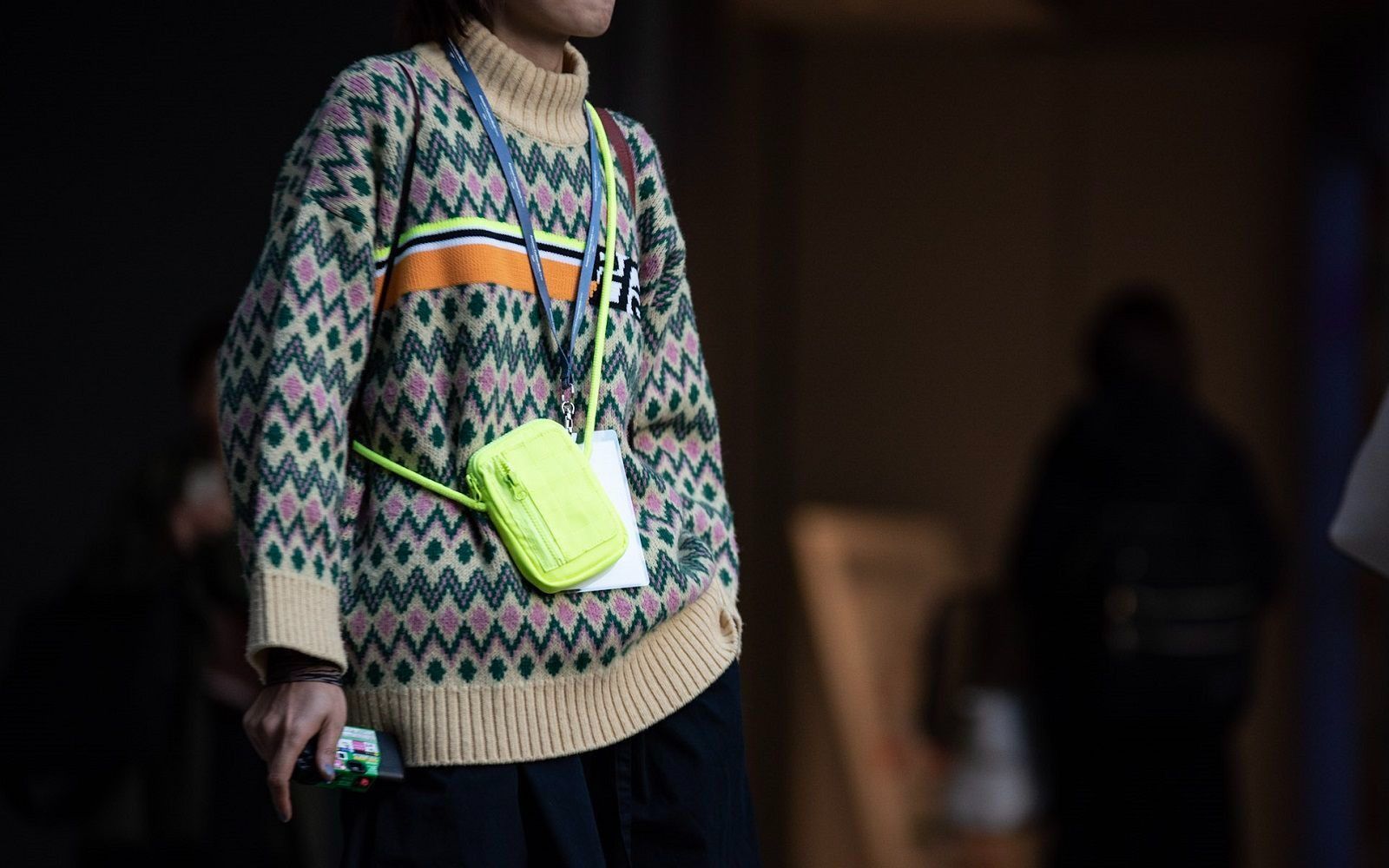
Is it right for fashion brands to enter the reselling market? On the one hand they offer guarantees, on the other they put at risk the independence of the second-hand market
In recent months, the world of luxury seems to have discovered the enormity of the second-hand market and, judging by the number of initiatives that the brands are trying out, a great collective effort is underway by fashion brands to secure a slice of that market. The factors behind this interest are the renewed importance of sustainability and the circular economy, which is also linked to the public's perception of the brand and finally the considerable volume of business that revolves around this market that was already developing at a faster rate than the primary one, however larger.
The most interesting news in this regard is that of the Brand Approved program of Vestiaire Collective, which has entered into its first partnership with Alexander McQueen and puts for sale brand-certified items at competitive prices. Also, Gucci is working on opening a similar digital resell boutique on TheRealReal, which has already partnered with Burberry and Stella McCartney; brands like Levi's, Patagonia and even H&M are experimenting with large-scale auto-resell, and in general, the resell market is expected to reach a $51 billion turnover by 2023, according to research reported by Business of Fashion. But what does it mean for a big luxury fashion brand to undertake such an operation?
This sudden interest in resell has two reasons. The first is institutional and concerns brands: being able to retain the elusive Gen Z is the Holy Grail of fashion marketing today, and to do this it is necessary to reach low price mark-ups and perception of the brand's ethics that satisfy this new type of conscious and ultra-digitized clientele that often cannot afford shopping in the boutique but takes time and resources in the search for products and brands in which to identify and from which to buy; therefore the resell service developed on its own by the brands becomes what were once the diffusion lines, that is, a gateway to find and retain new consumer bases. The second set of reasons concerns consumers themselves: the traction that second-hand luxury has gained is in fact a reaction to the wild pricing that dominates the first-hand market, a metaphorical back door through which fashion enthusiasts with a budget can sneak into the world of luxury. We are therefore faced with a textbook case of supply and demand: on paper, it is a game in which everyone wins, both brands and consumers.
The arrival of fashion brands in the world of reselling poses one problem and solves another. The problem it poses concerns brands, historically not hostile to the resell itself but from a system of private purchase and sale of branded products that ousts them from earnings. After all, other brands, but not luxury ones, have already successfully implemented their buy-back schemes but always with more sustainability-oriented objectives: from the Arc'teryx Used Gear, Levi's Second Hand and A.P.C.'s Recycling initiatives of APC to the label The North Face Renewed and the Worn Wear line of Patagonia. But engaging the brands themselves could in the future eliminate democratic pricing of platforms such as Vestiaire Collective in the name of profit and exclusivity. If this concern exists and will continue to exist, however, the case of Alexander McQueen would seem to contradict it at the moment: the garments resold by the brand in the Brand Approved section have prices perfectly in line with those of other private transactions that take place on the app. The risk, however, does not disappear at any moment: the charm of the resell is that of the affordable deal that flips the vertical dynamics of luxury in a more democratic relationship between private individuals, the high finance that controls groups such as Kering (one of whose investors, Artemis, recently bought shares of the Goat platform) can only ruin the intangible value of this type of experience, the pleasure of the shortcut.
The problem solved instead concerns the issue of authentication: last October, for example, Chanel accused TheRealReal of selling fake bags, questioning the security of authentication processes while the year before a CNBC investigation found that the authentication criteria were not the strictest. This is just the tip of the iceberg of a problem that, far from affecting only TheRealReal, involves everything in the second-hand market. Despite being all the items authenticated on paper, in fact, it often happens that a composition label has been cut, branding is no longer clearly visible or a vintage garment of the 70s and 80s presents only a label, without other traces of branding, which could very well have been sewn to inflate the value of the item. Everything changes if it's the brand itself that authenticates the product: the positive side of institutionality is precisely the guarantee of control – something that interests both consumers and brands, who want to control their image through their product.
Weighed up the pros and cons, however, it remains undeniable that the secondhand market has reached gigantic proportions today – a direct consequence of that desire artificially inflated by the aggressive social media marketing of brands. It is natural that investors want to profit from the increasingly corporate and institutional world of reselling, but at the same time containment measures will have to be taken to preserve the democratic nature of its marketplaces, which is also the main cause of their appeal.










































